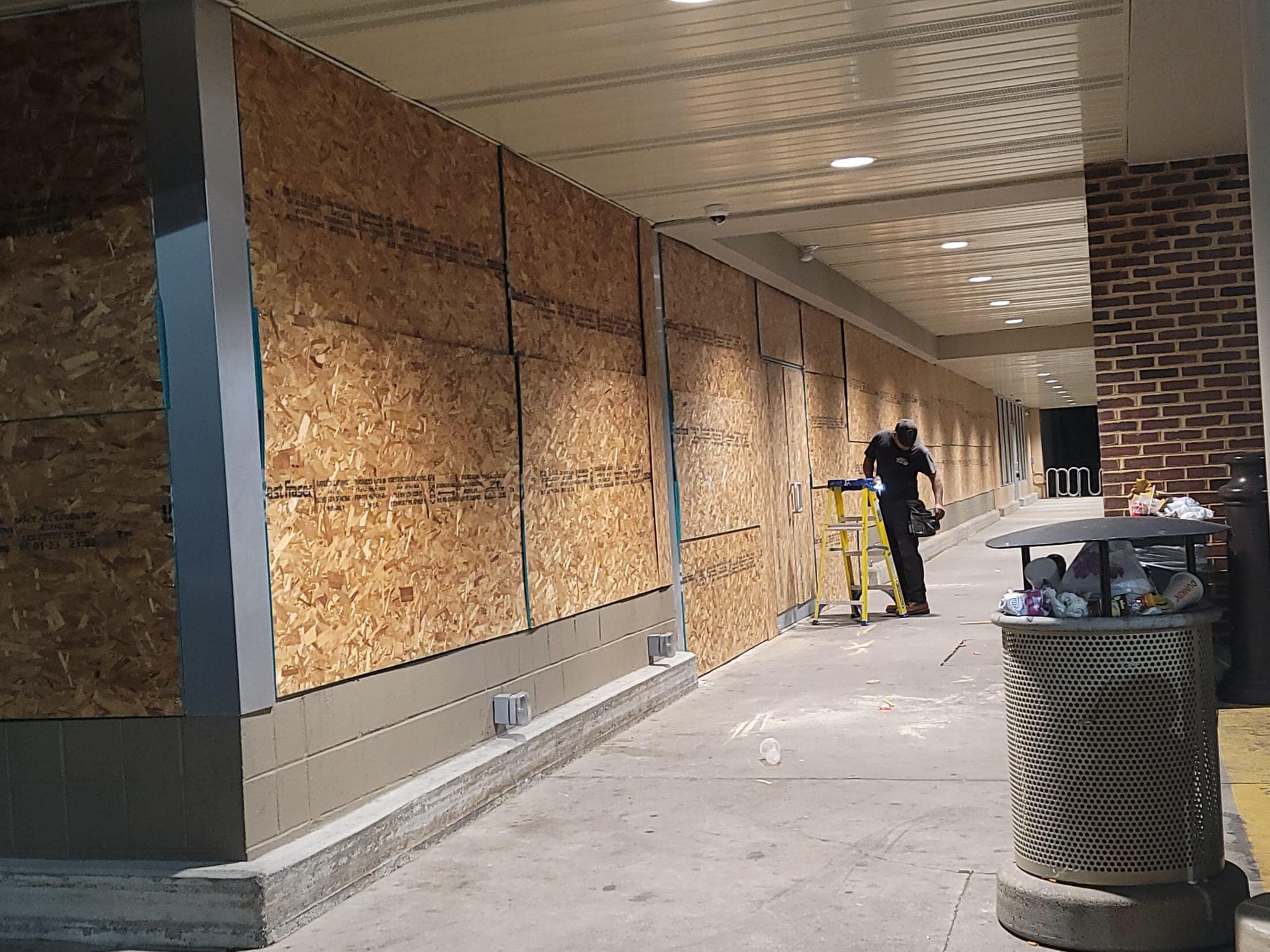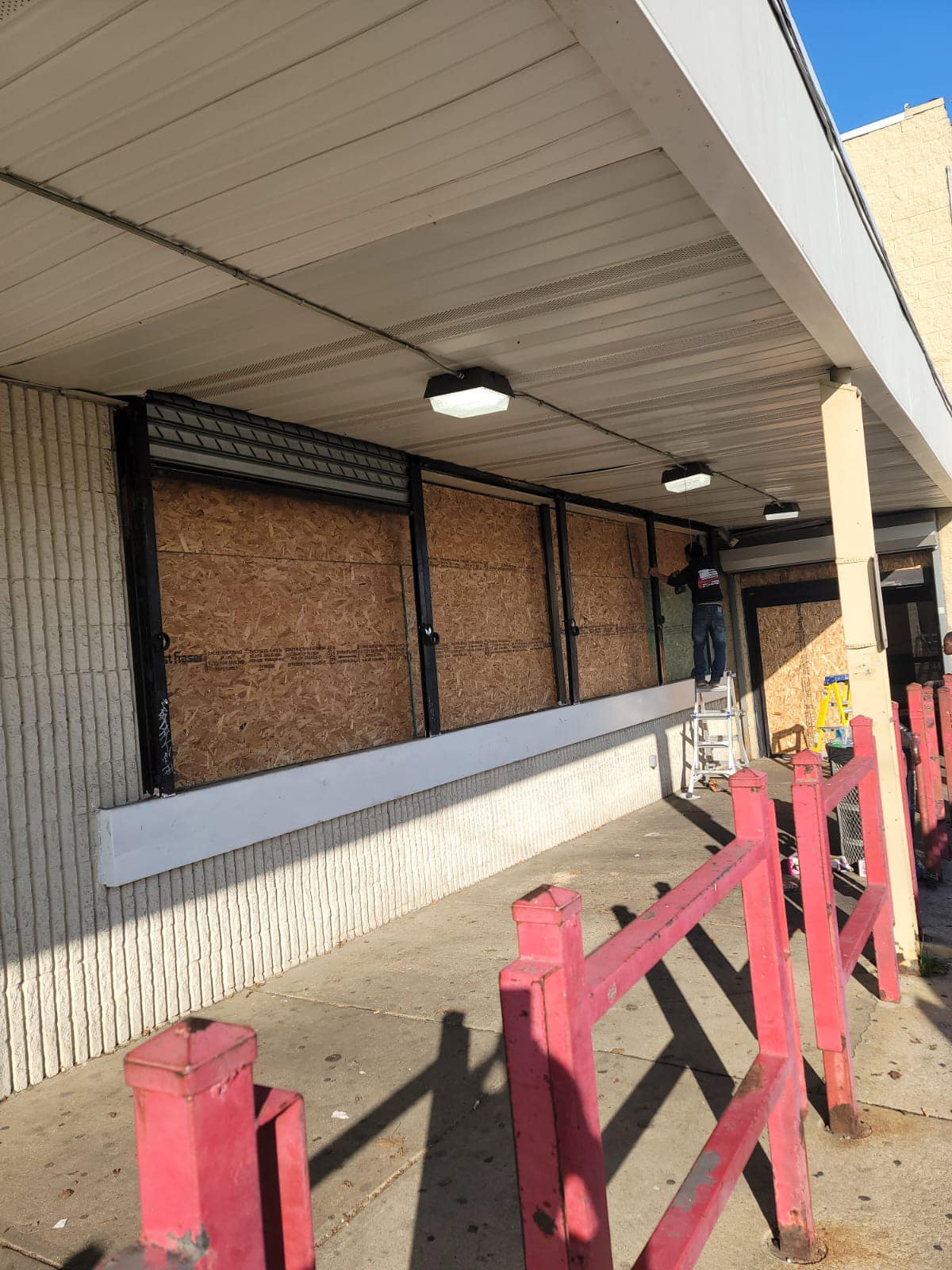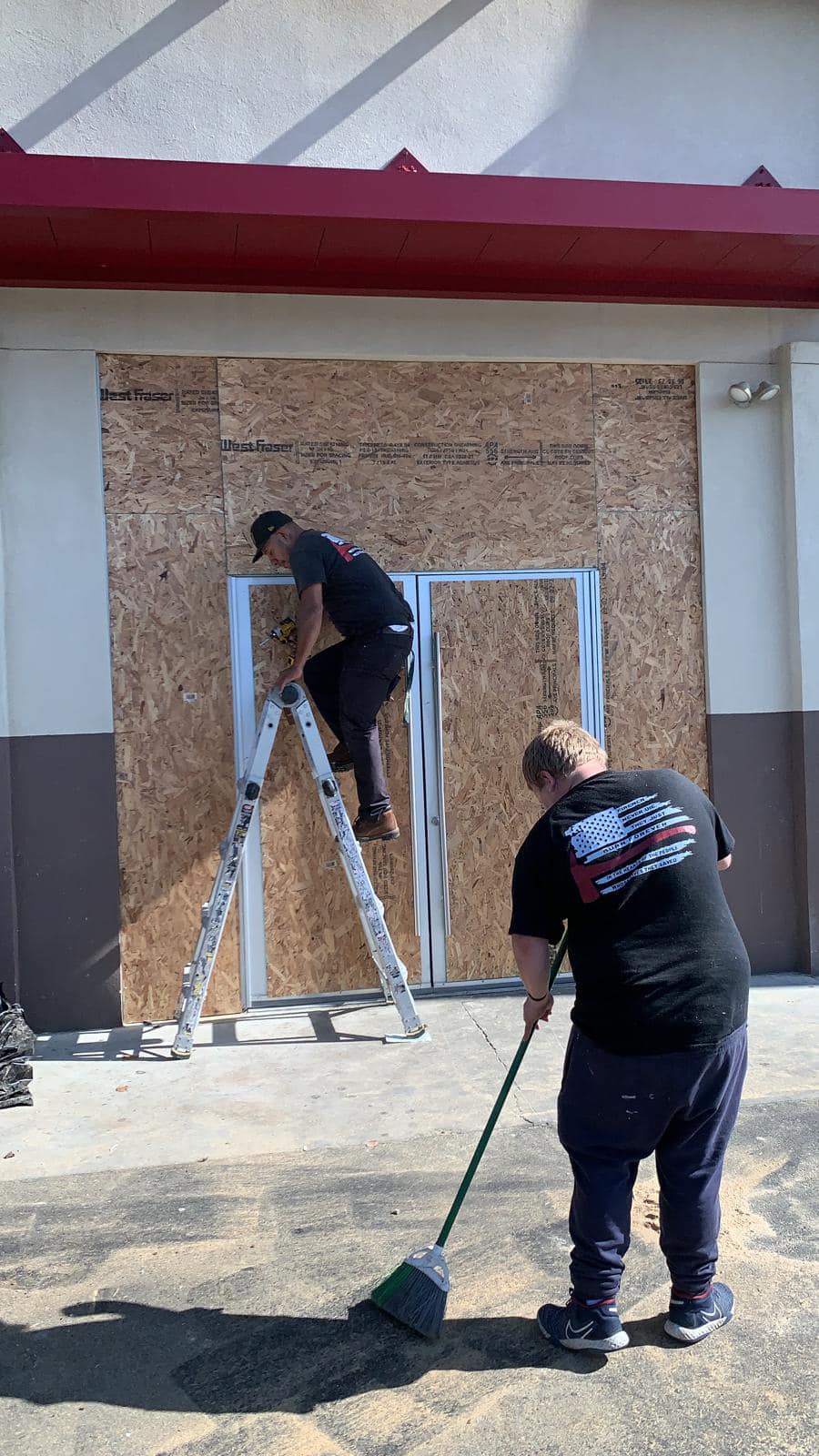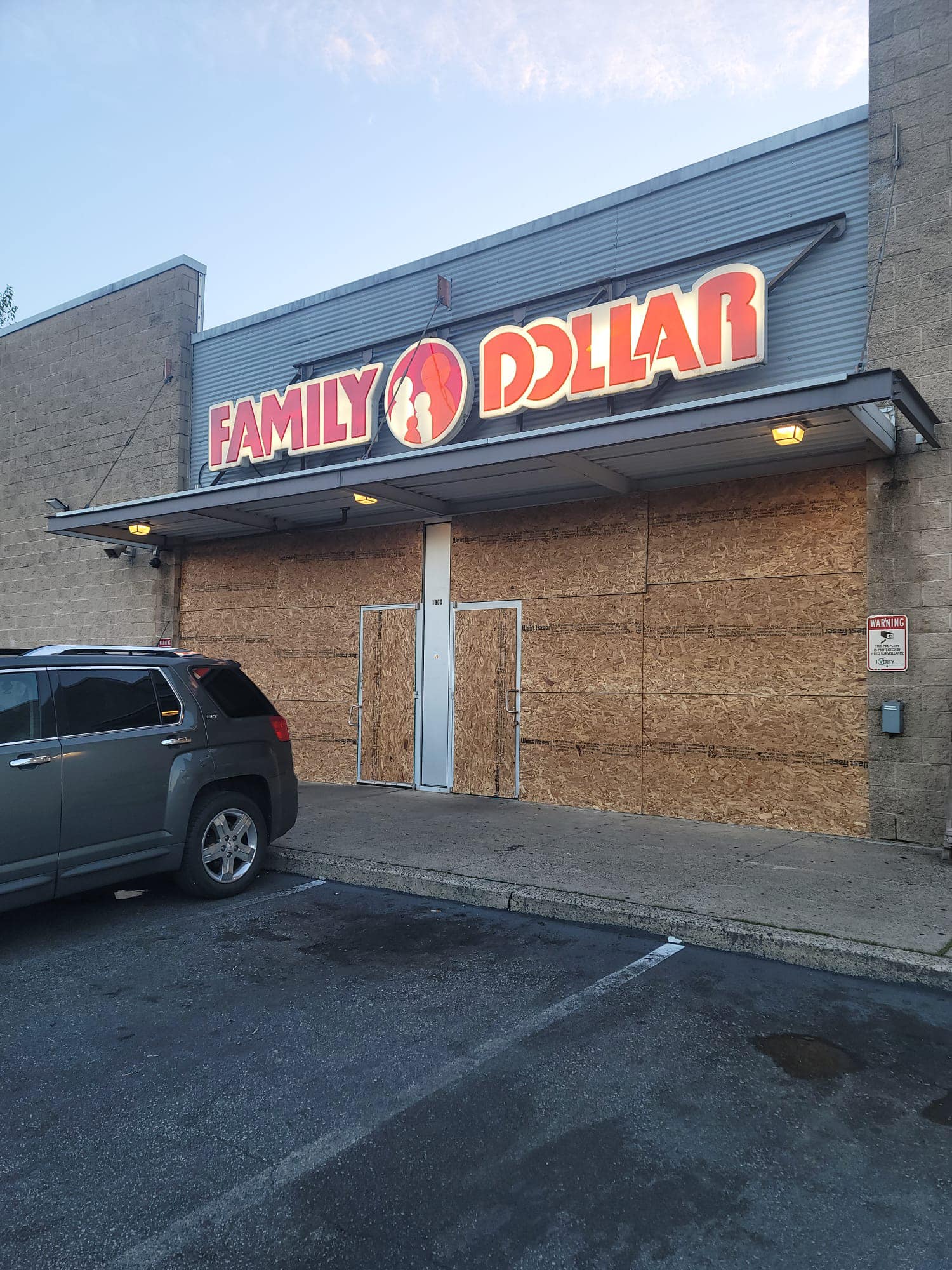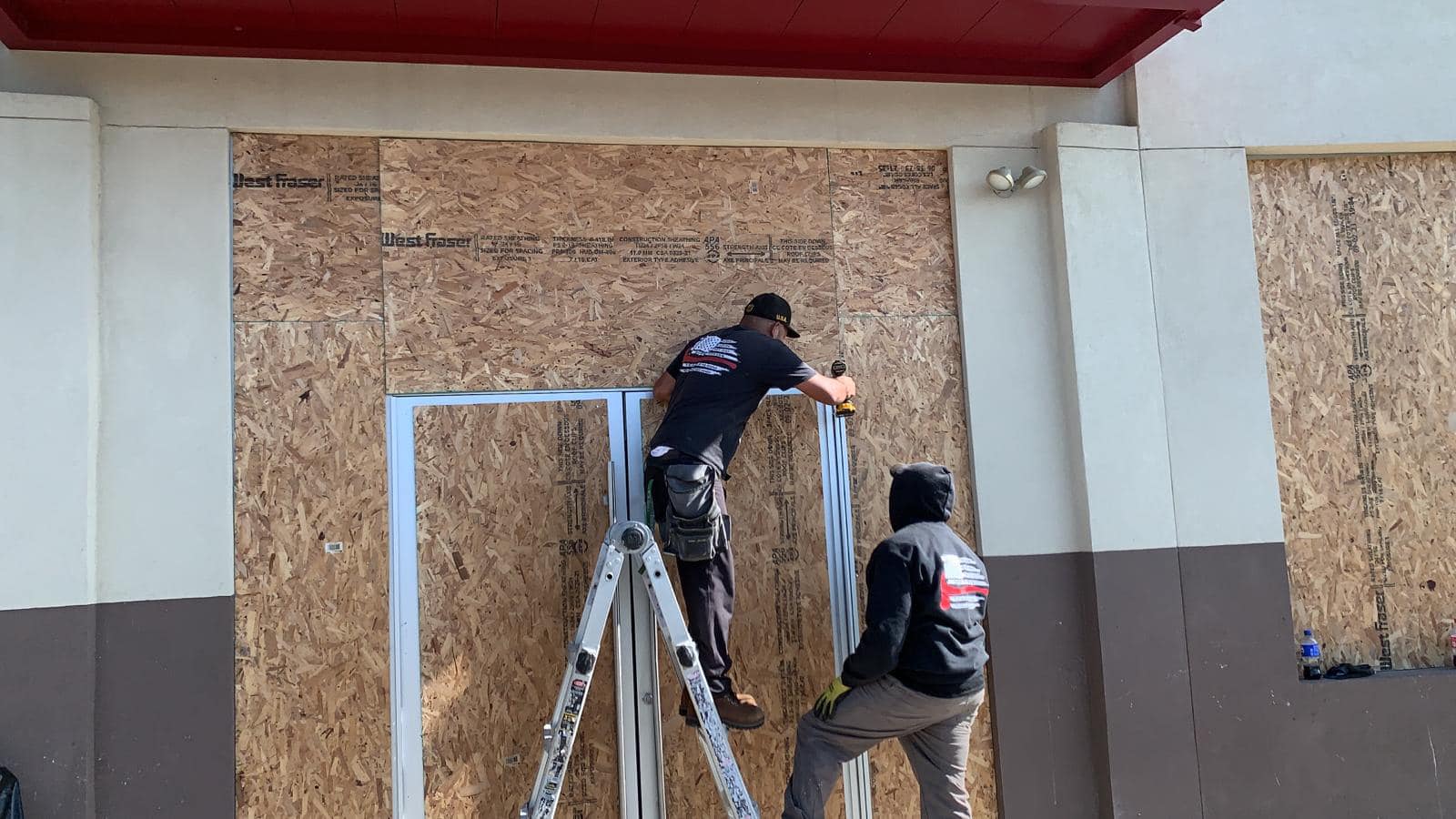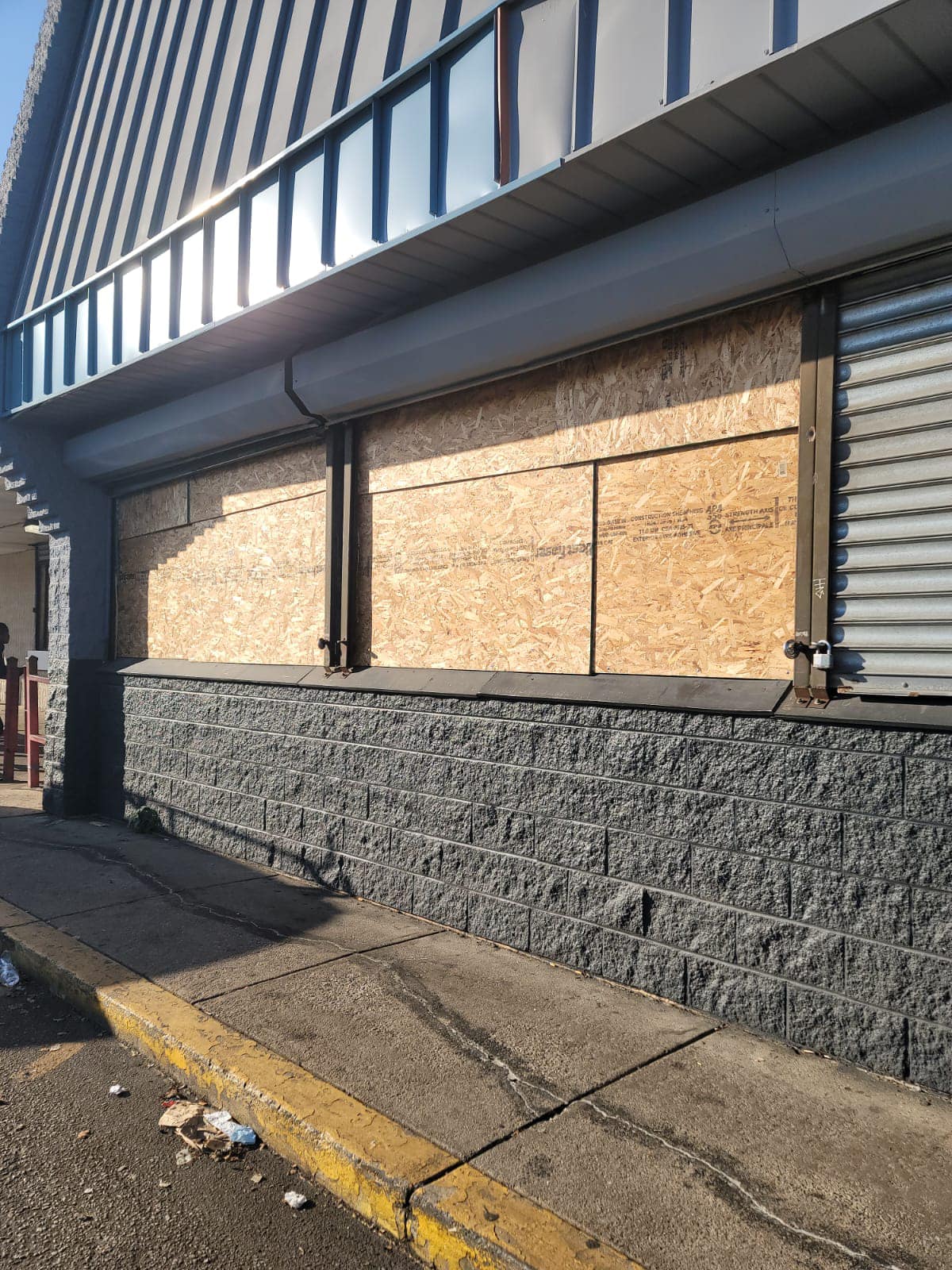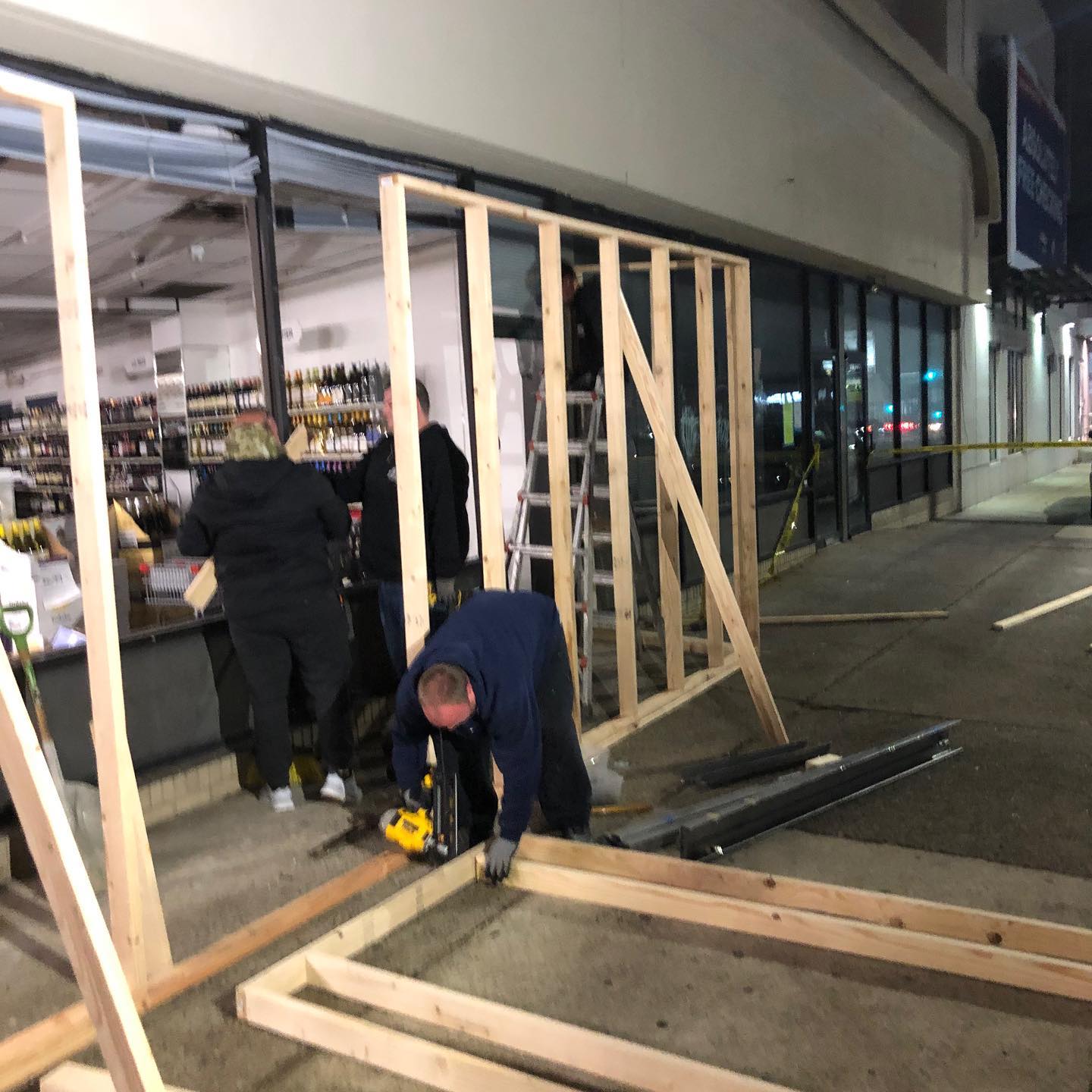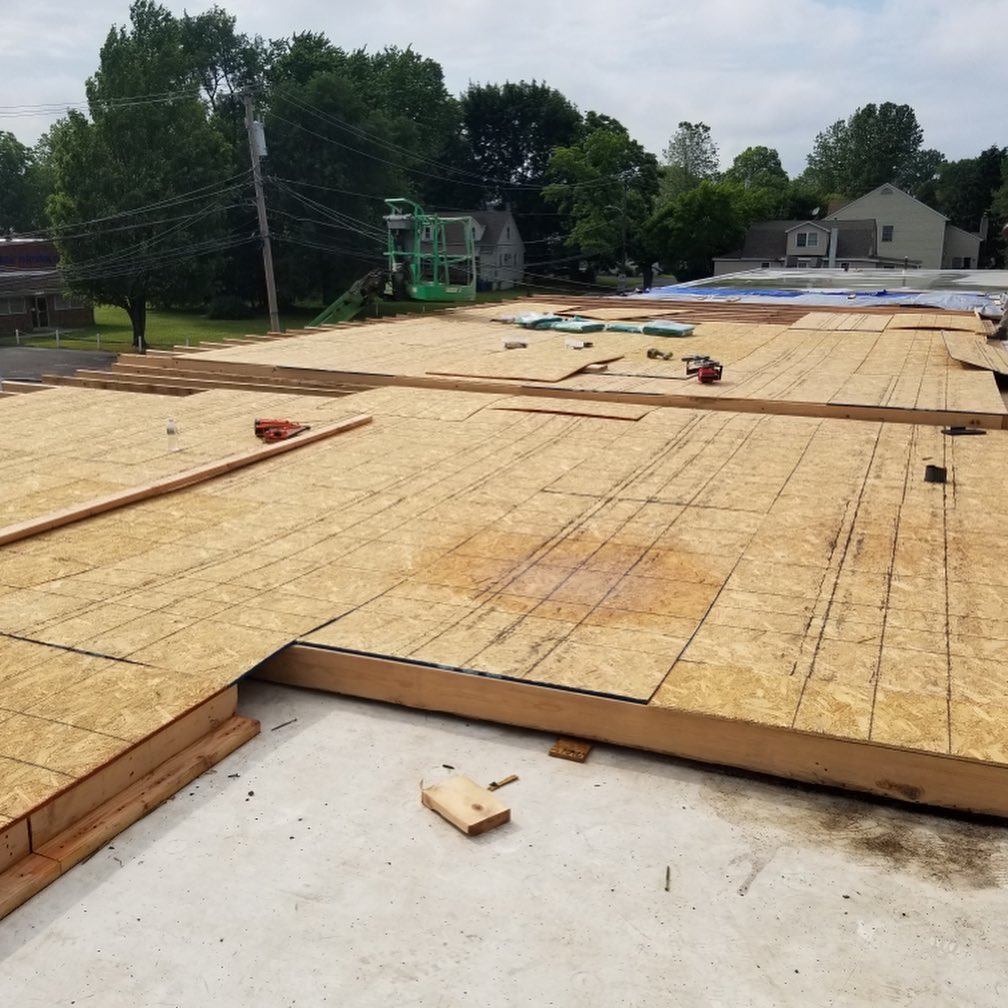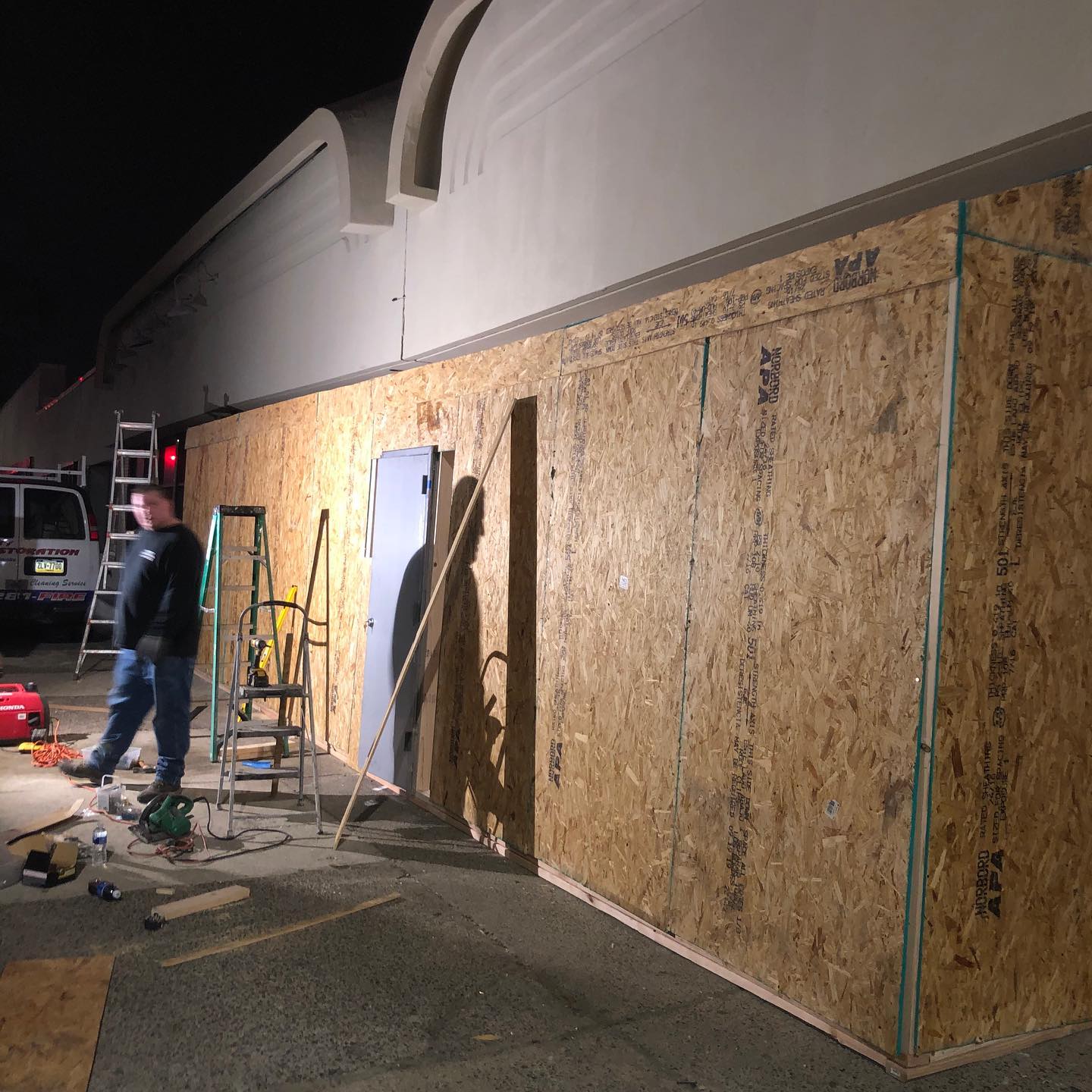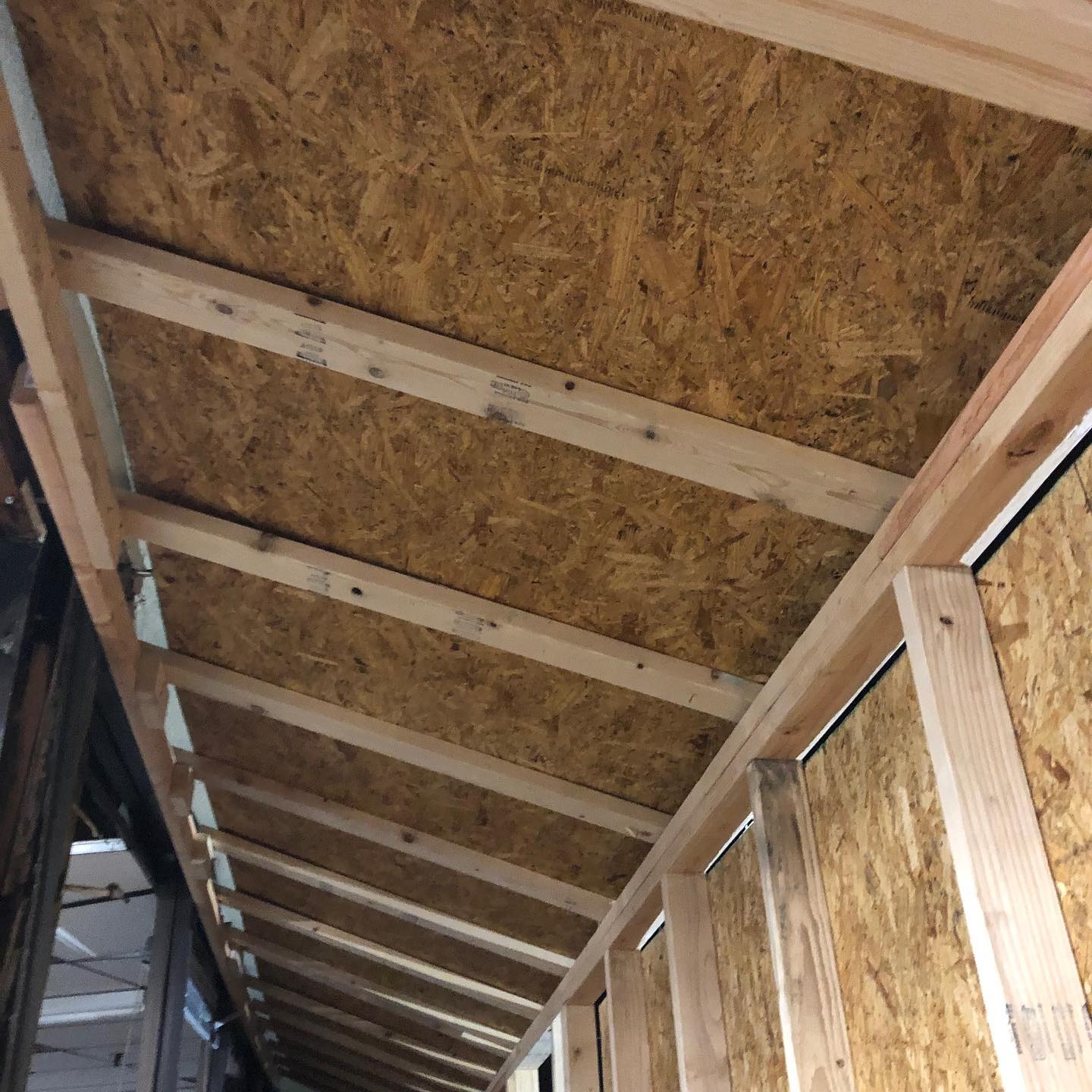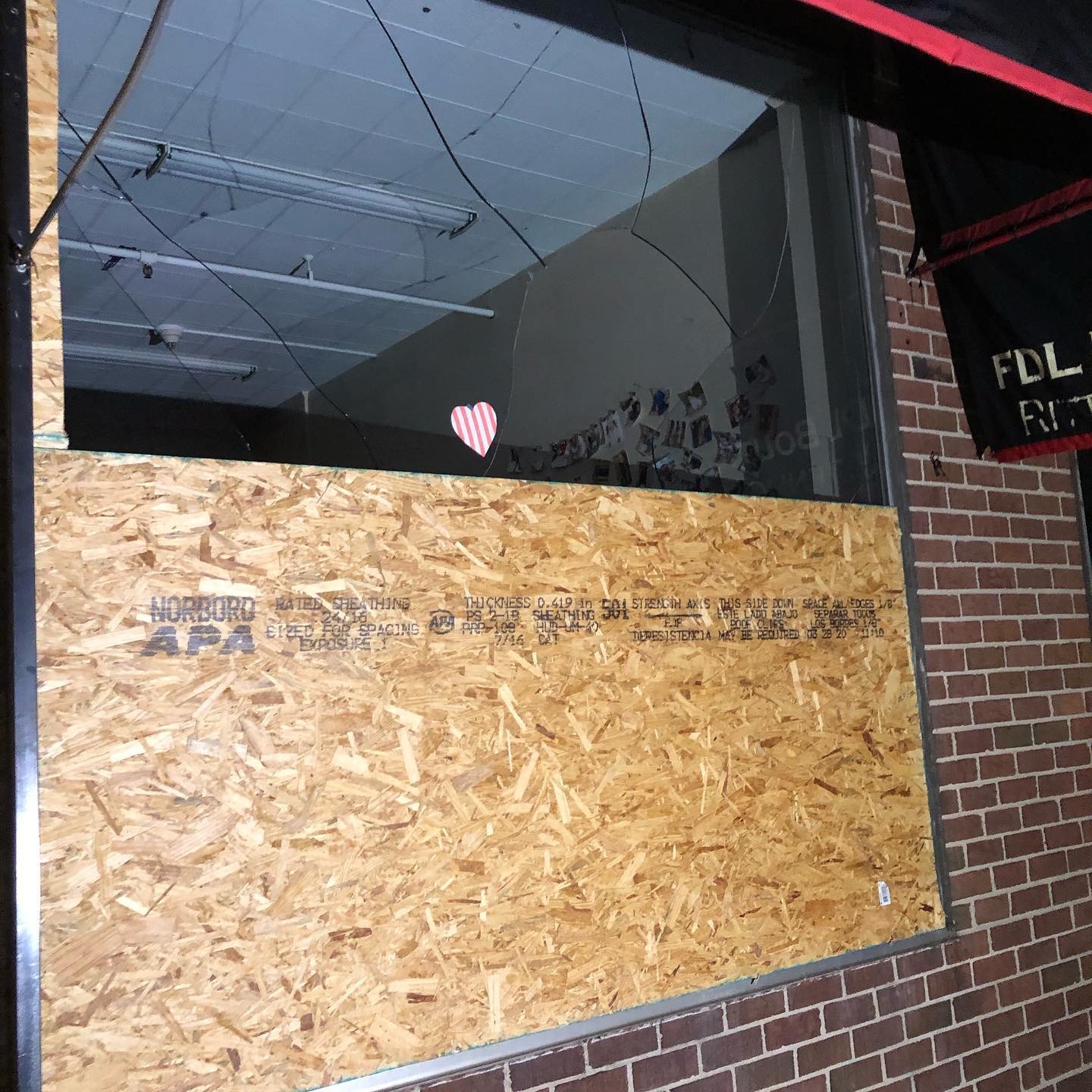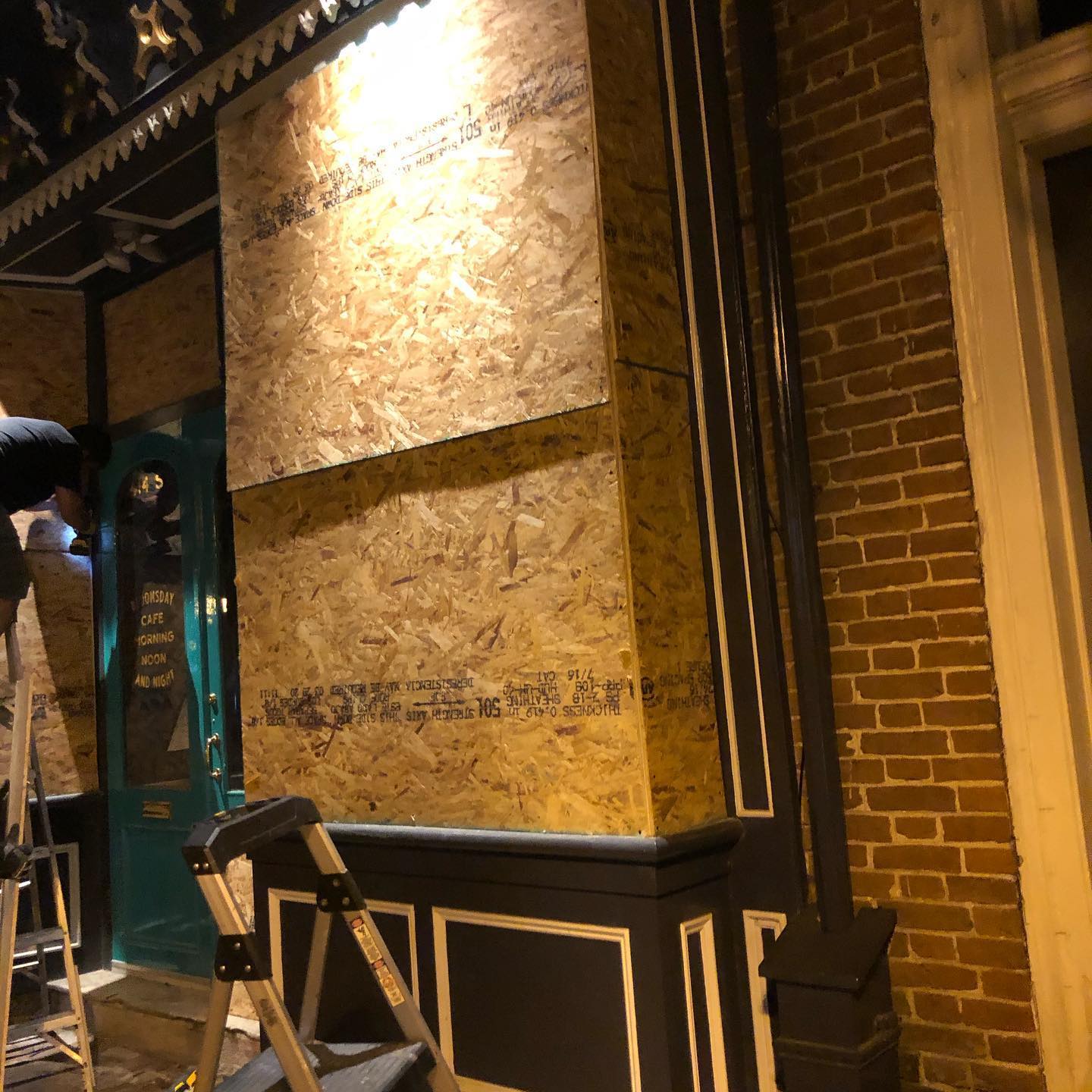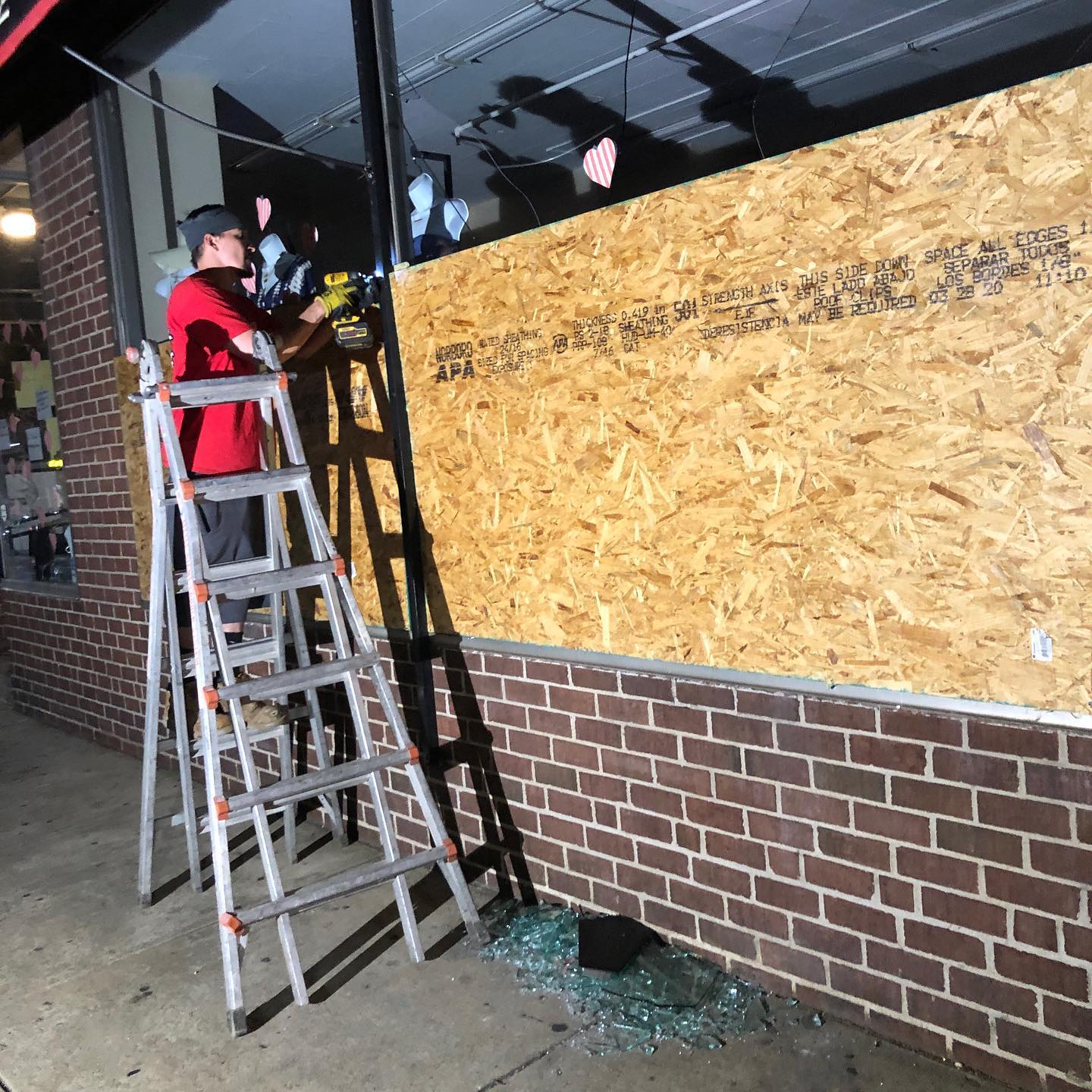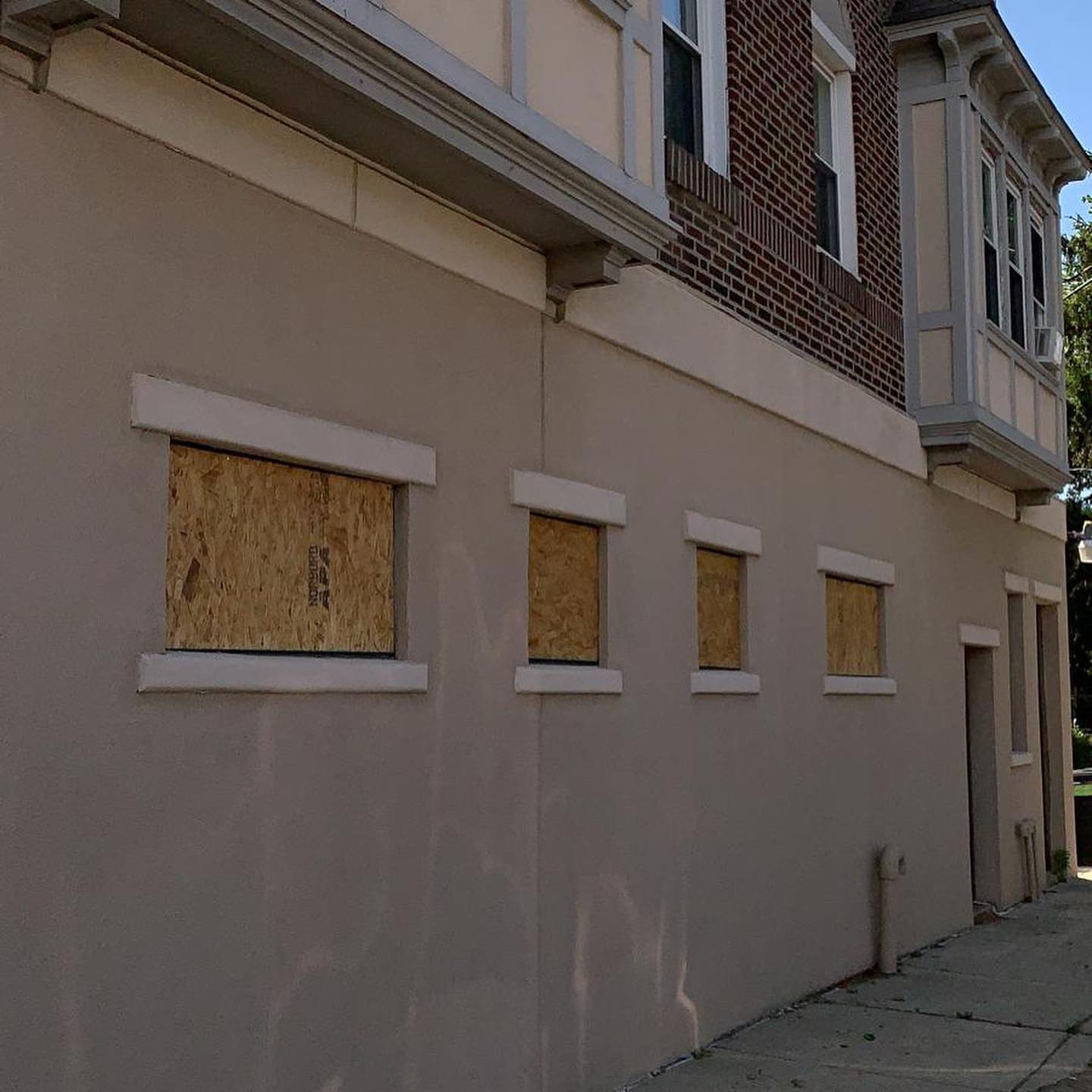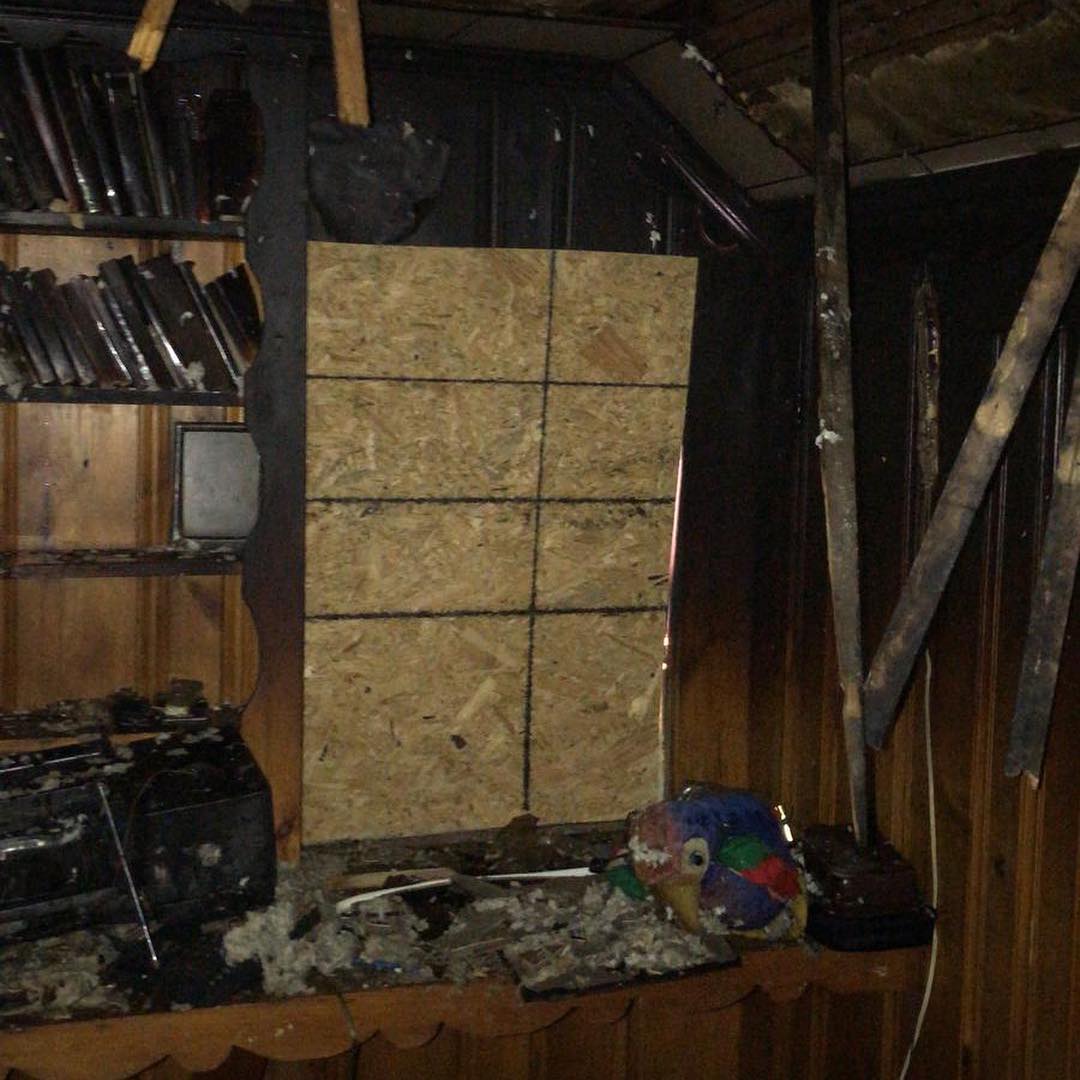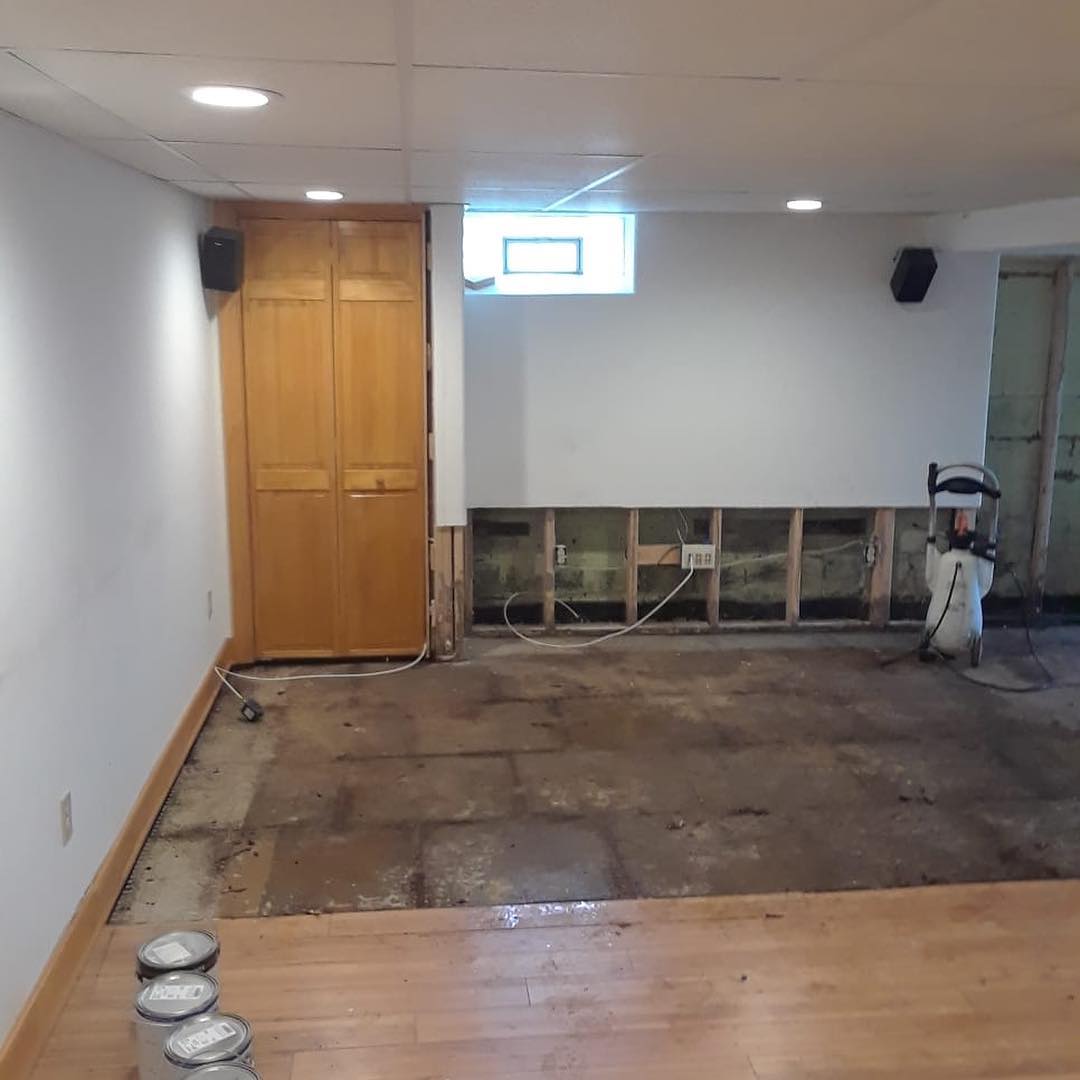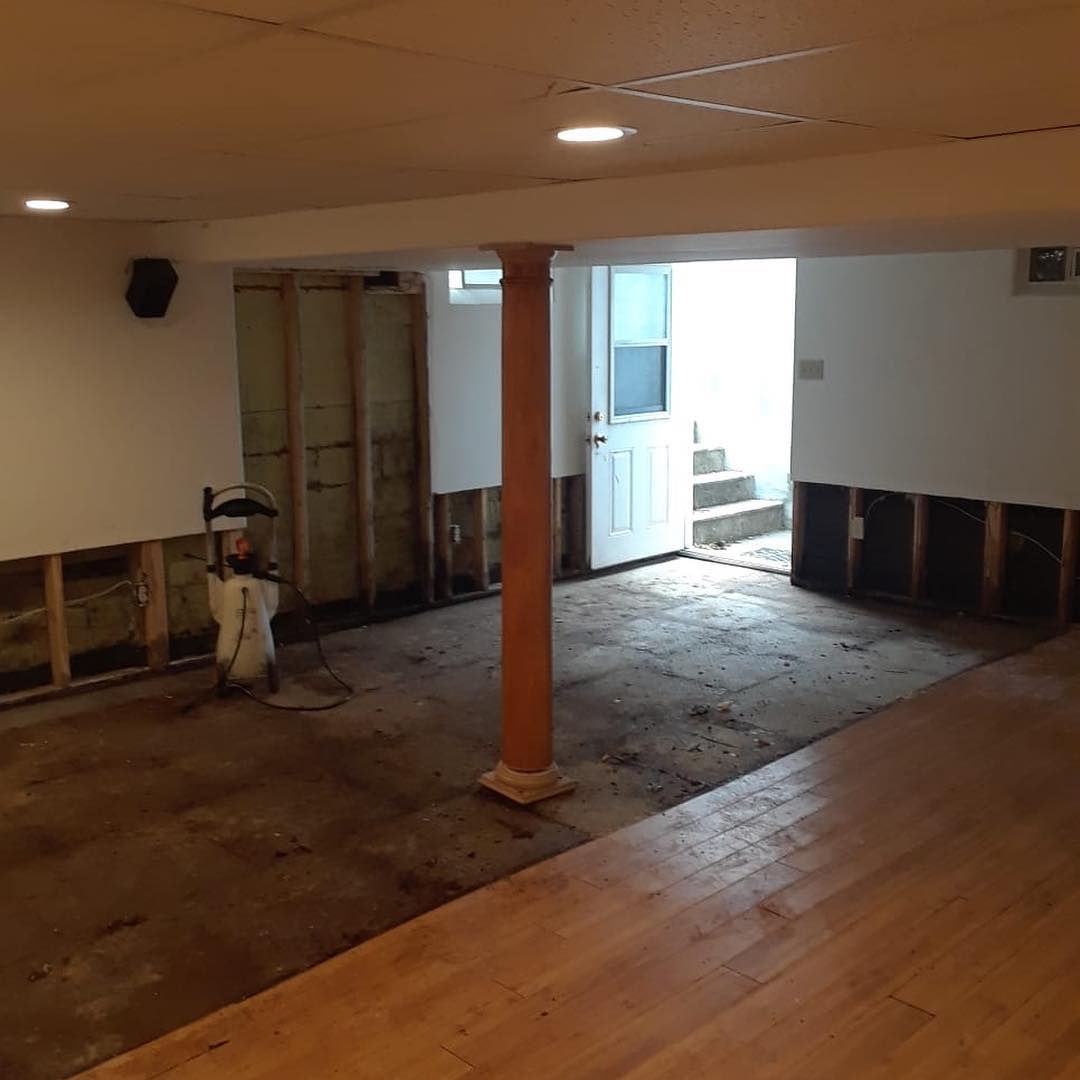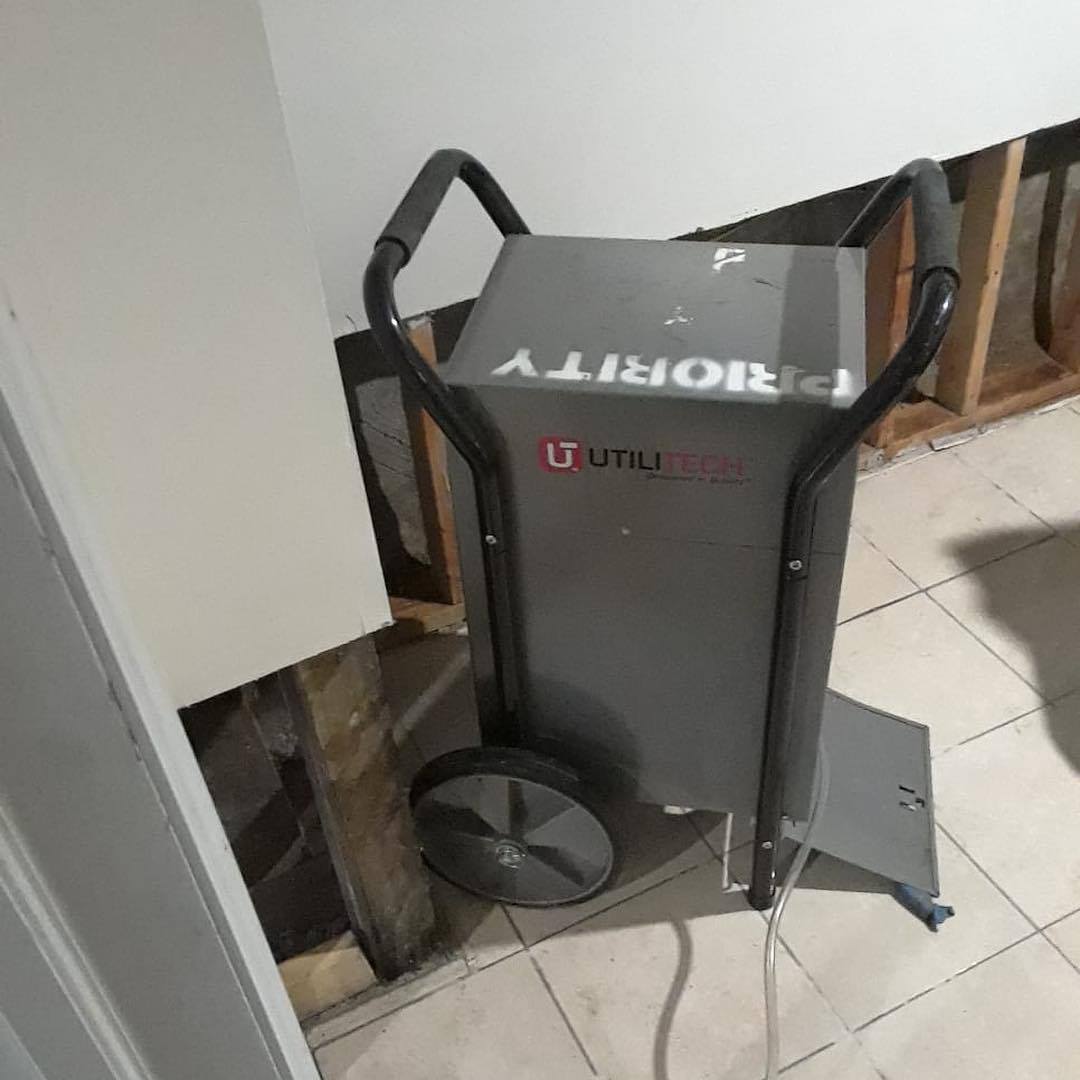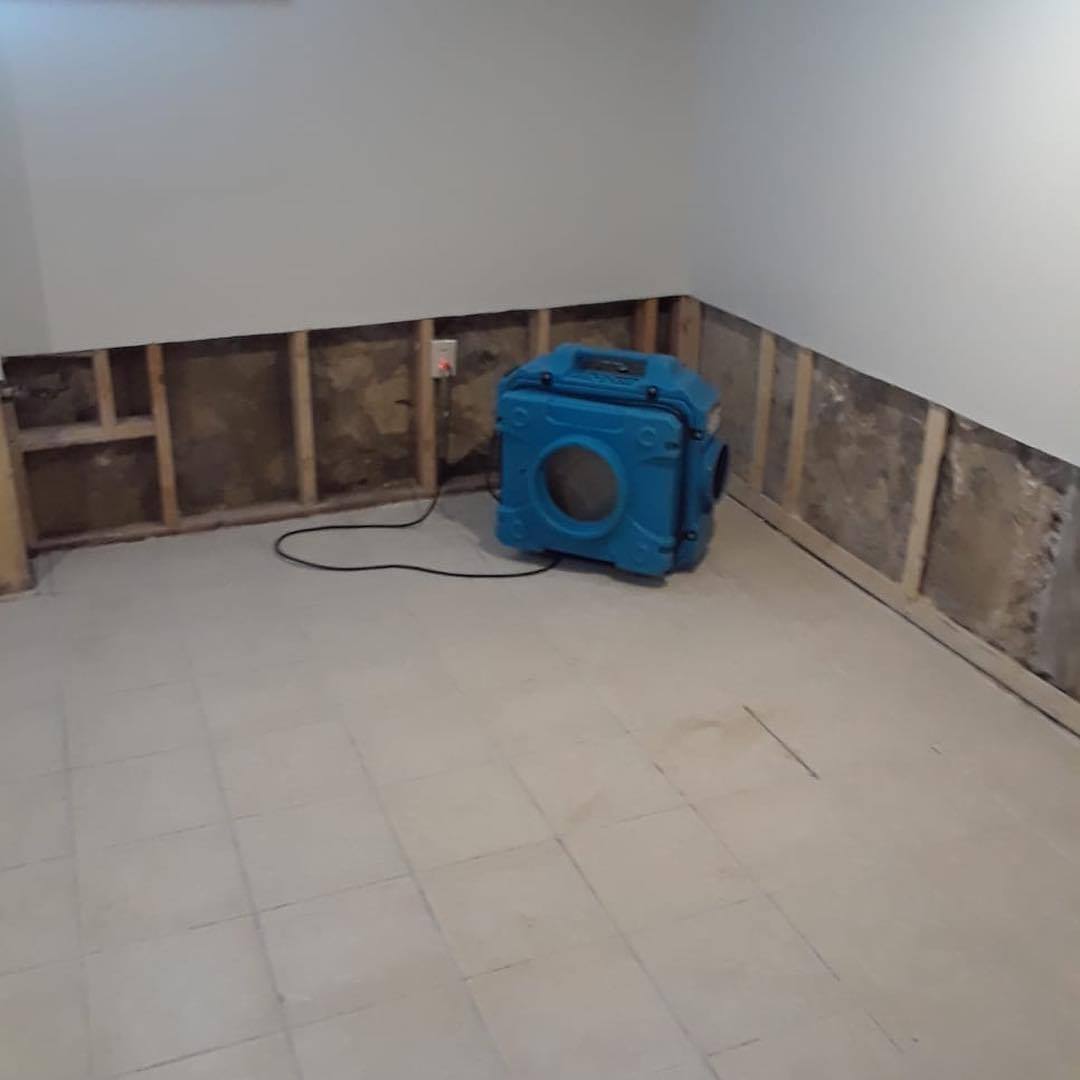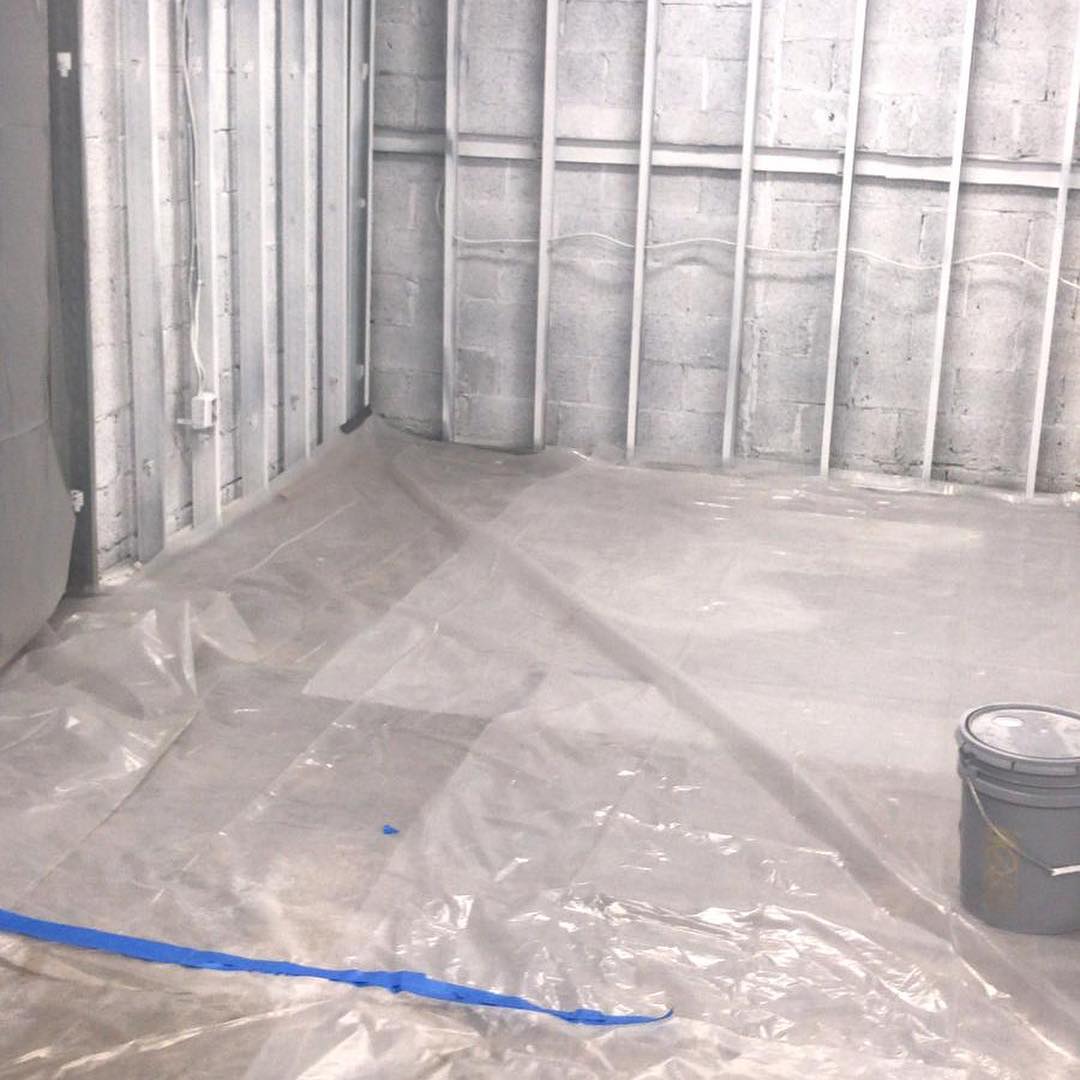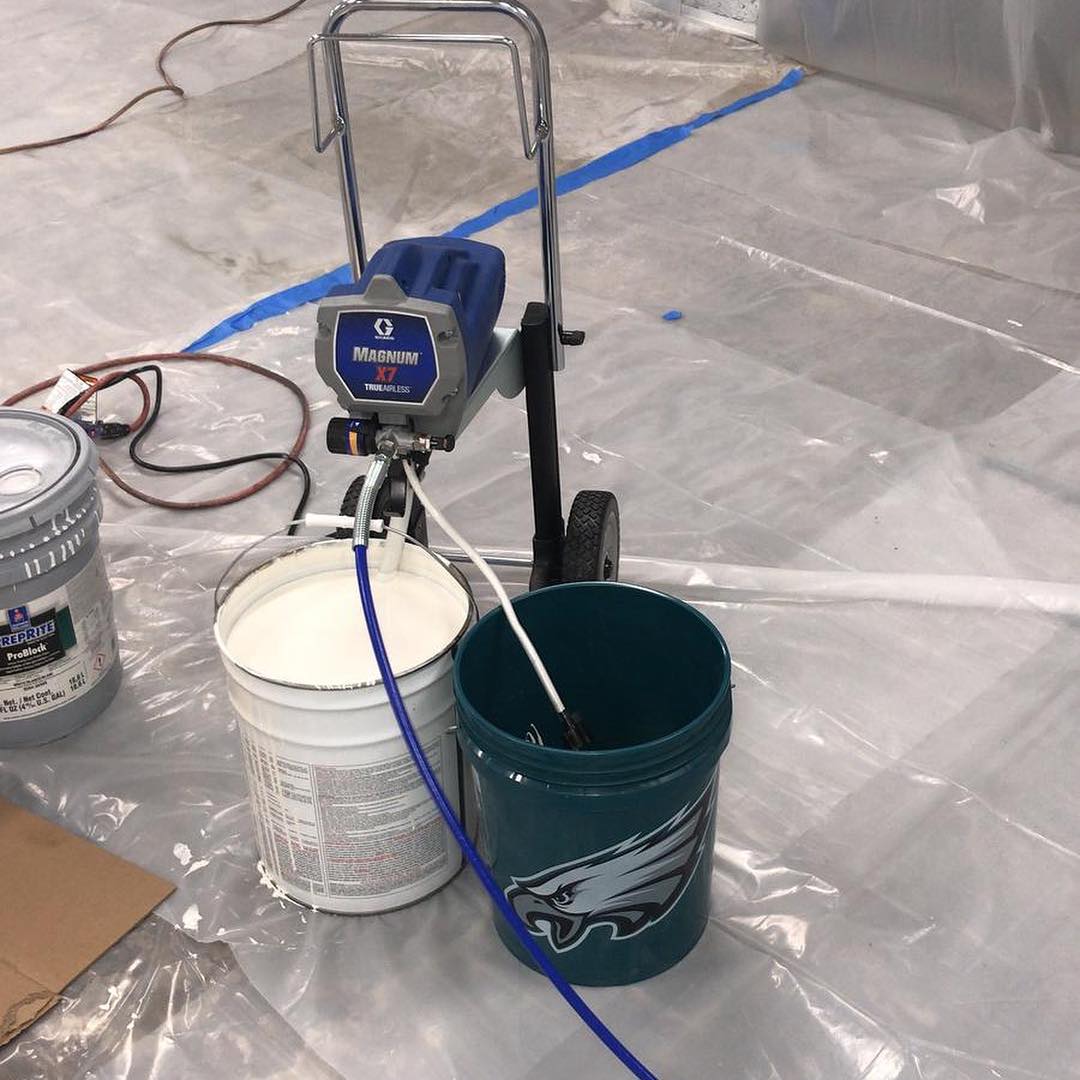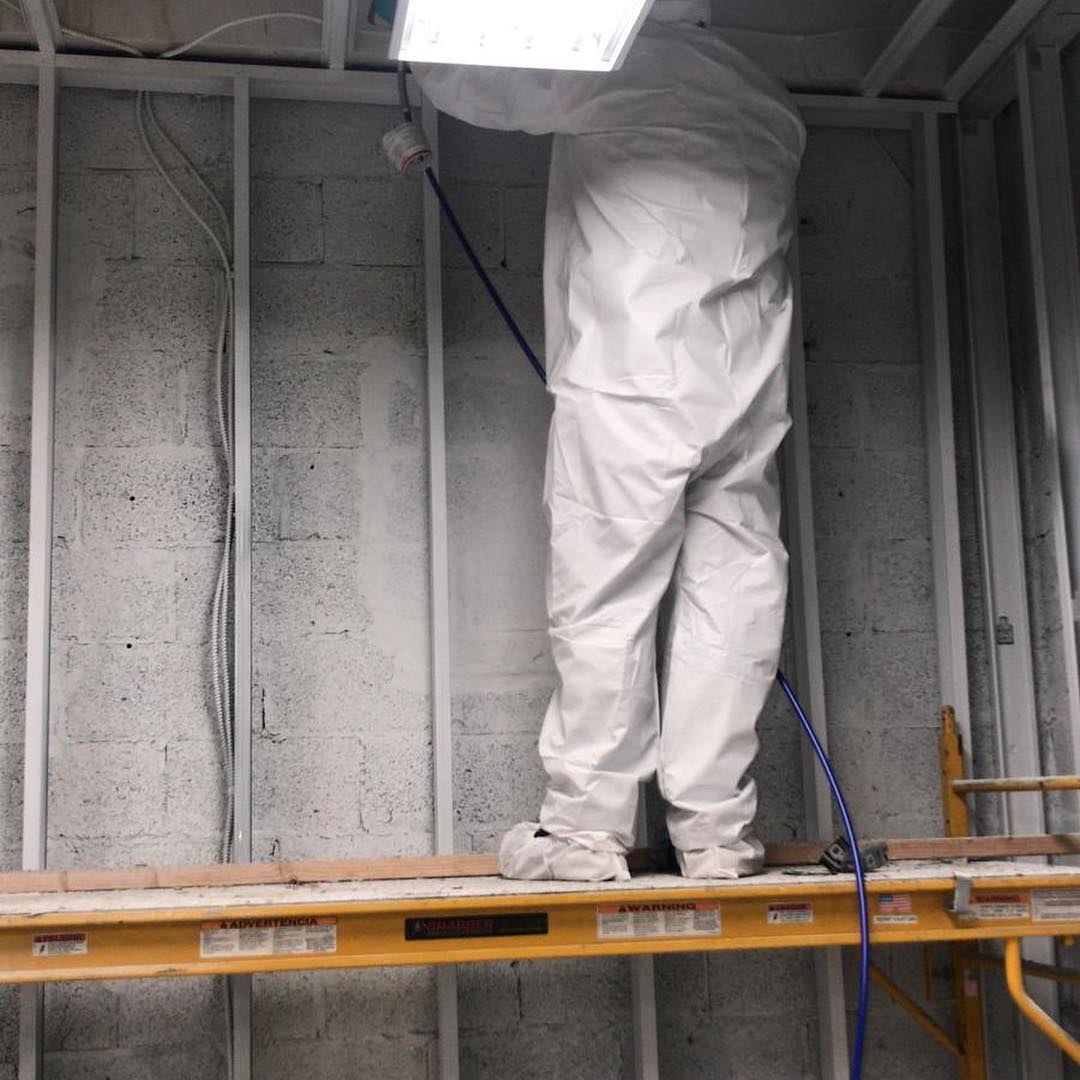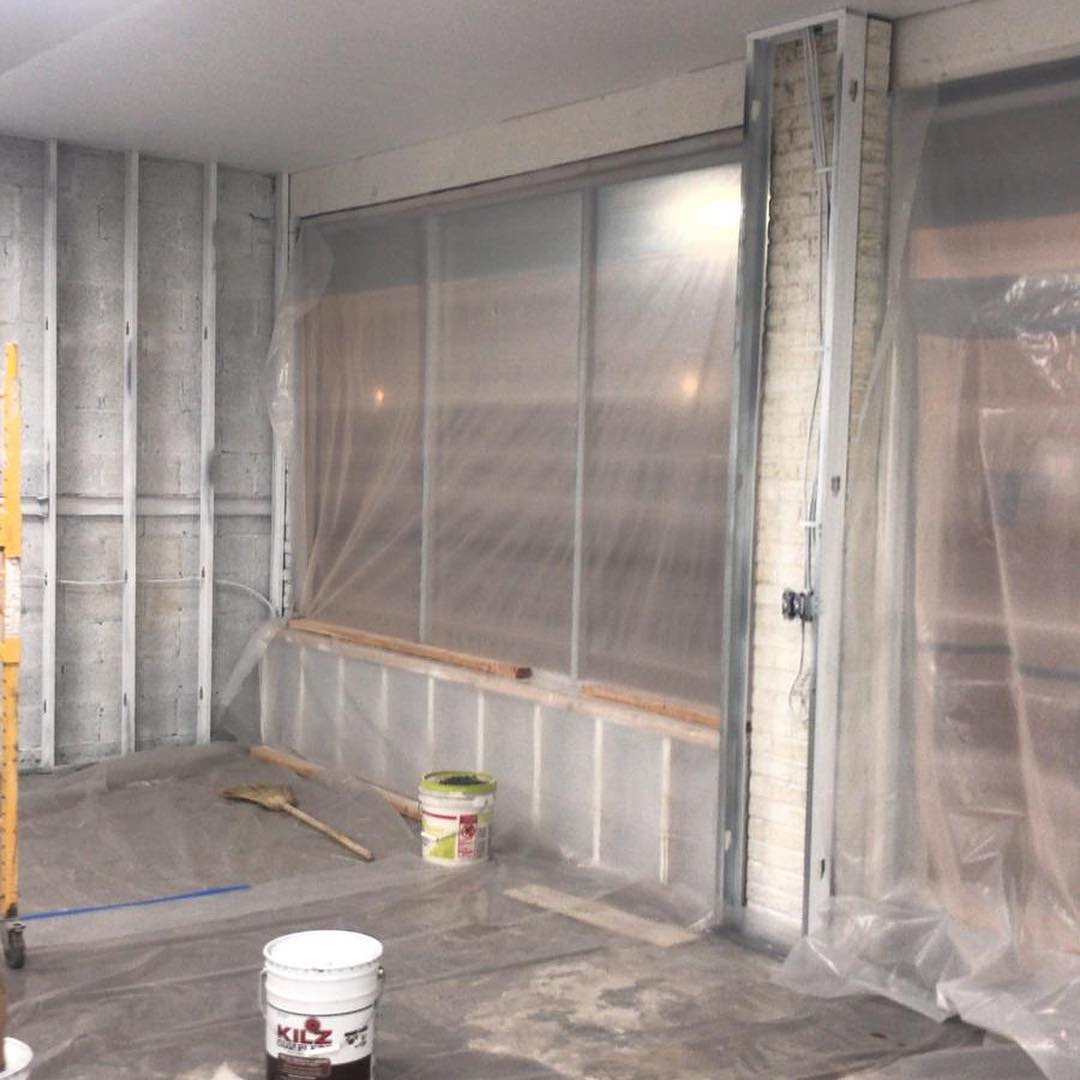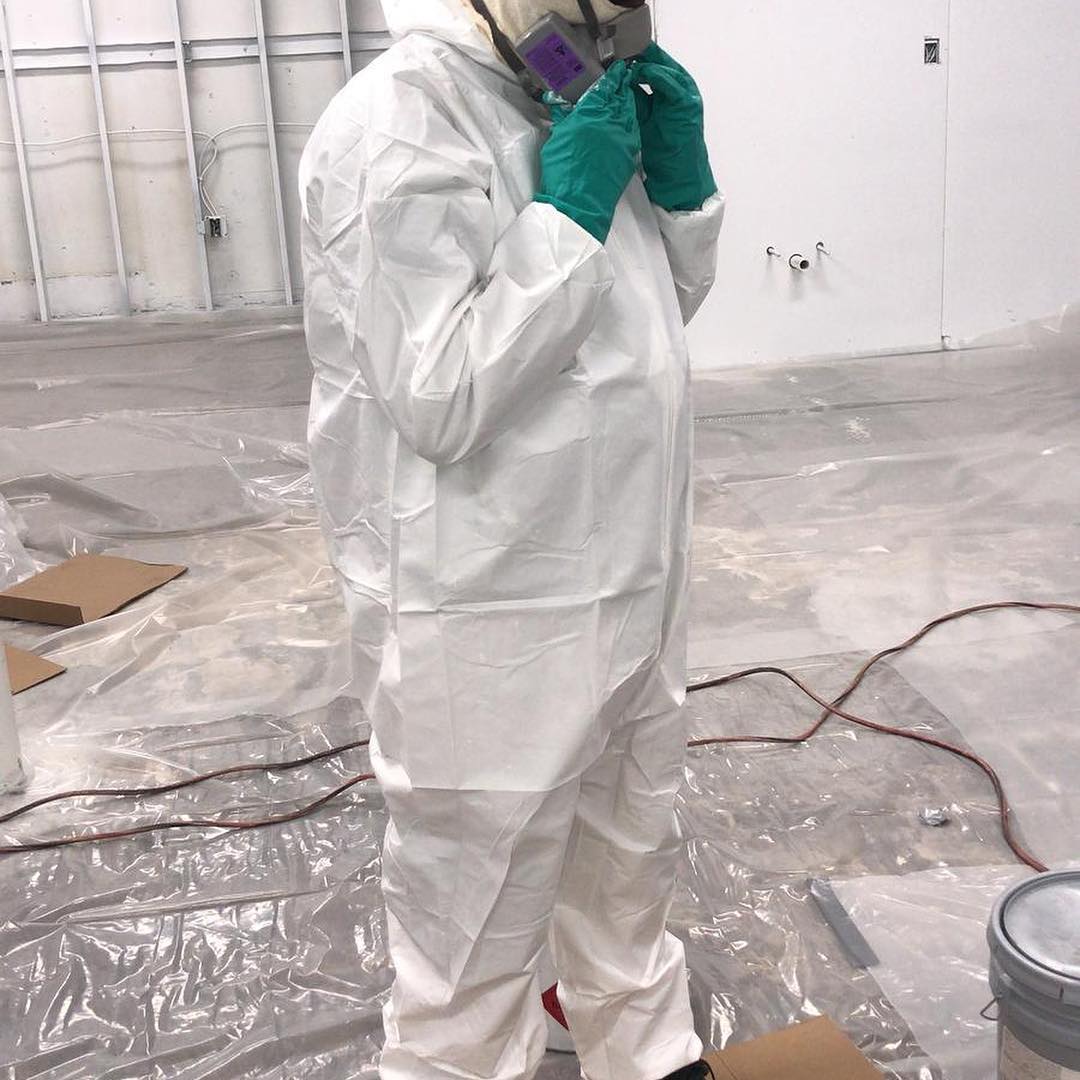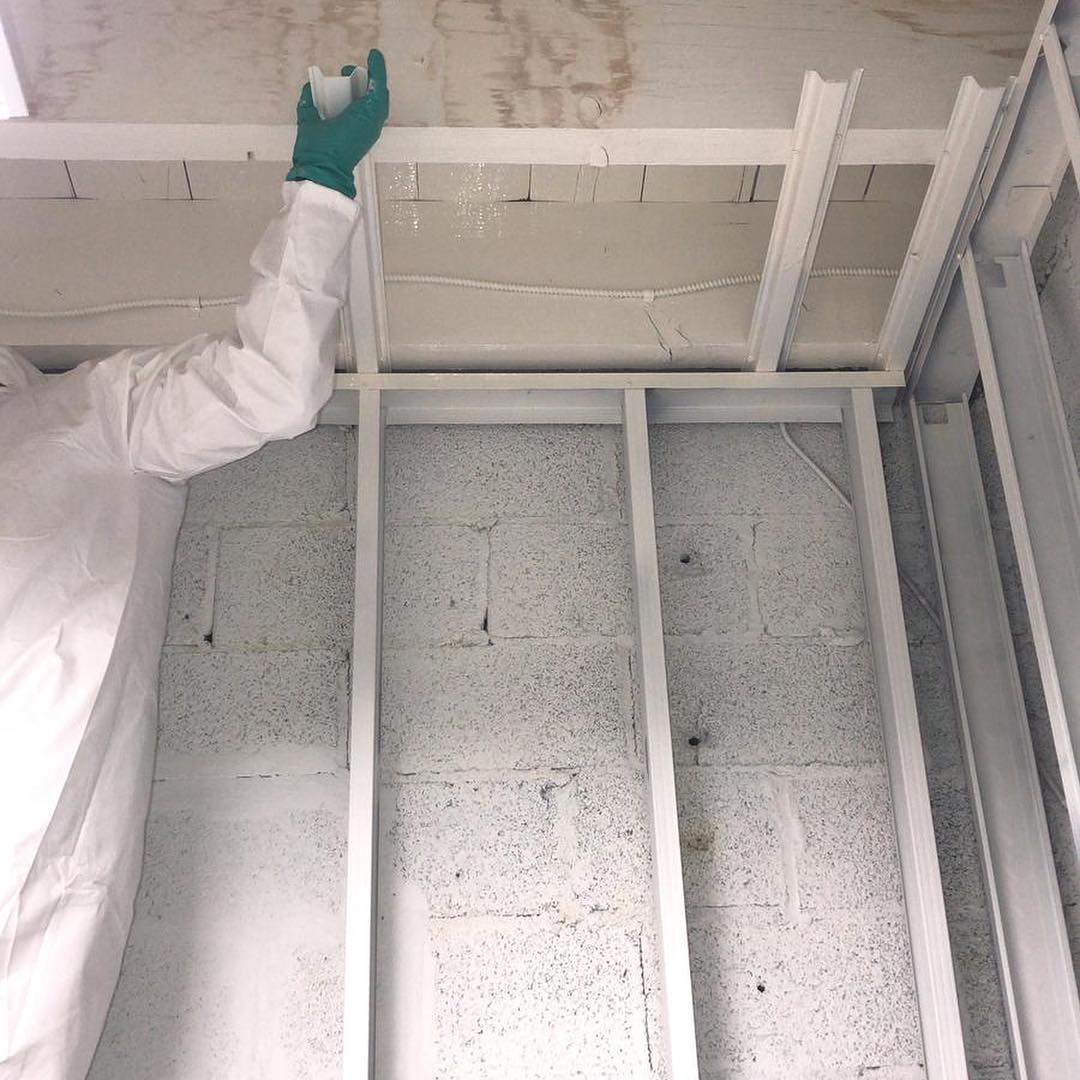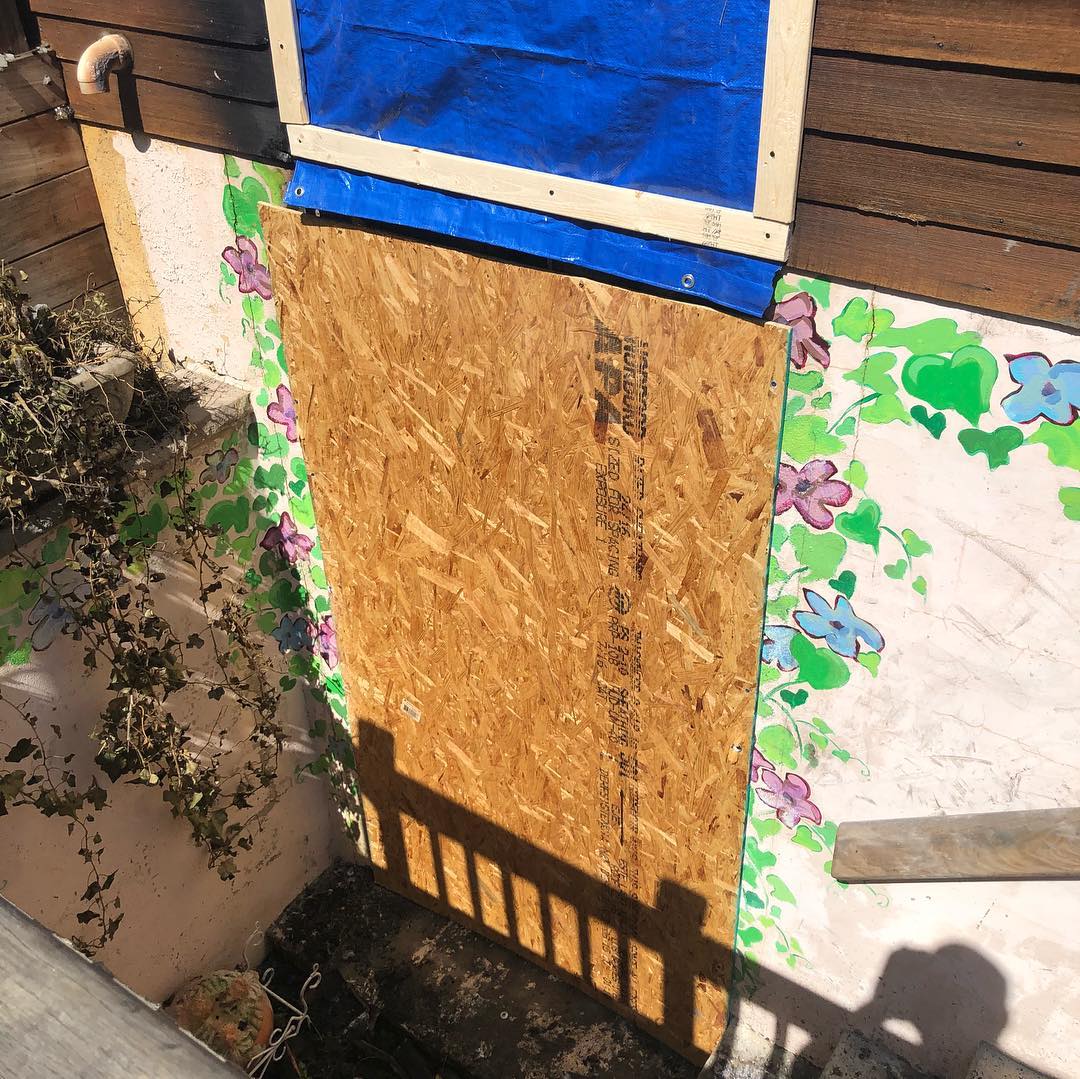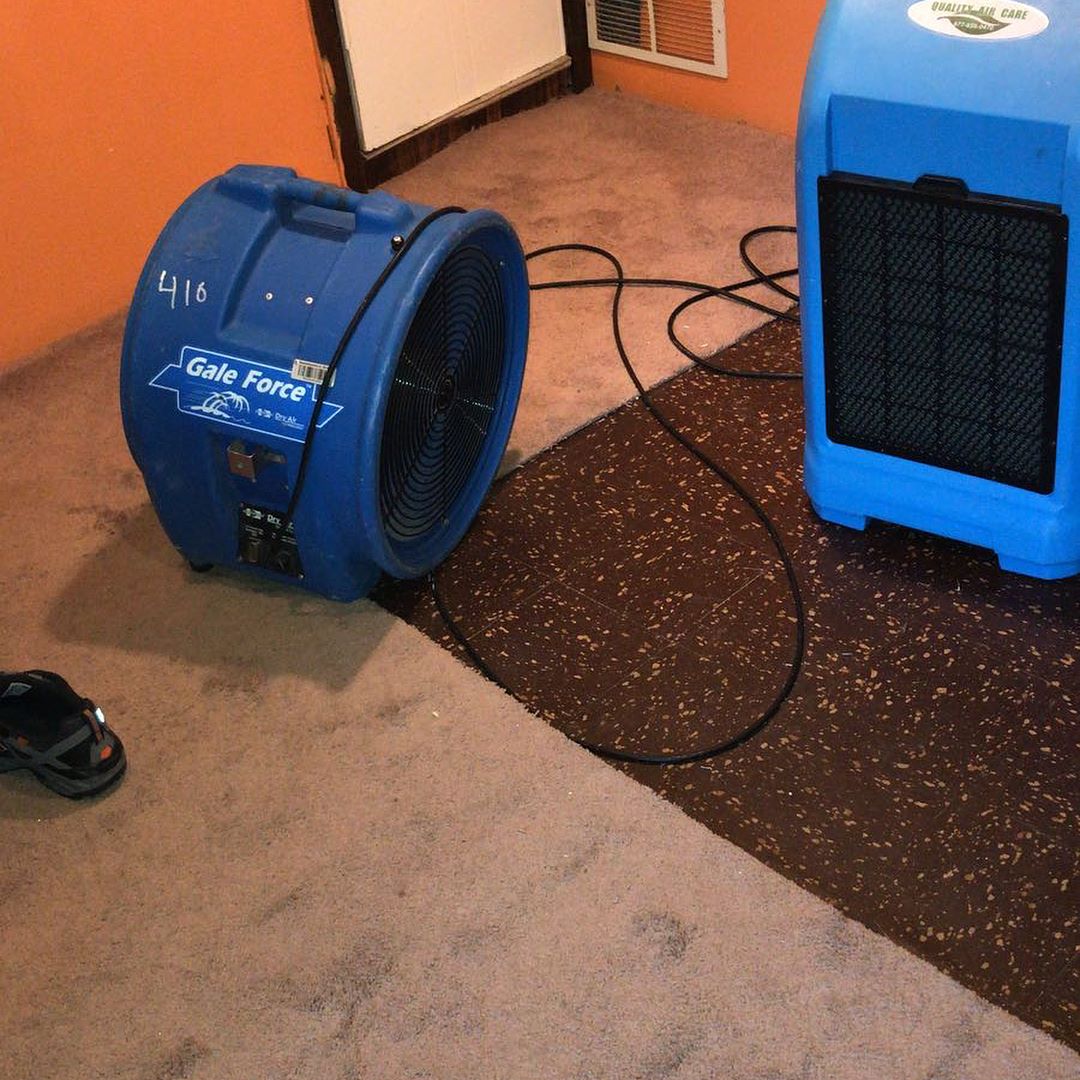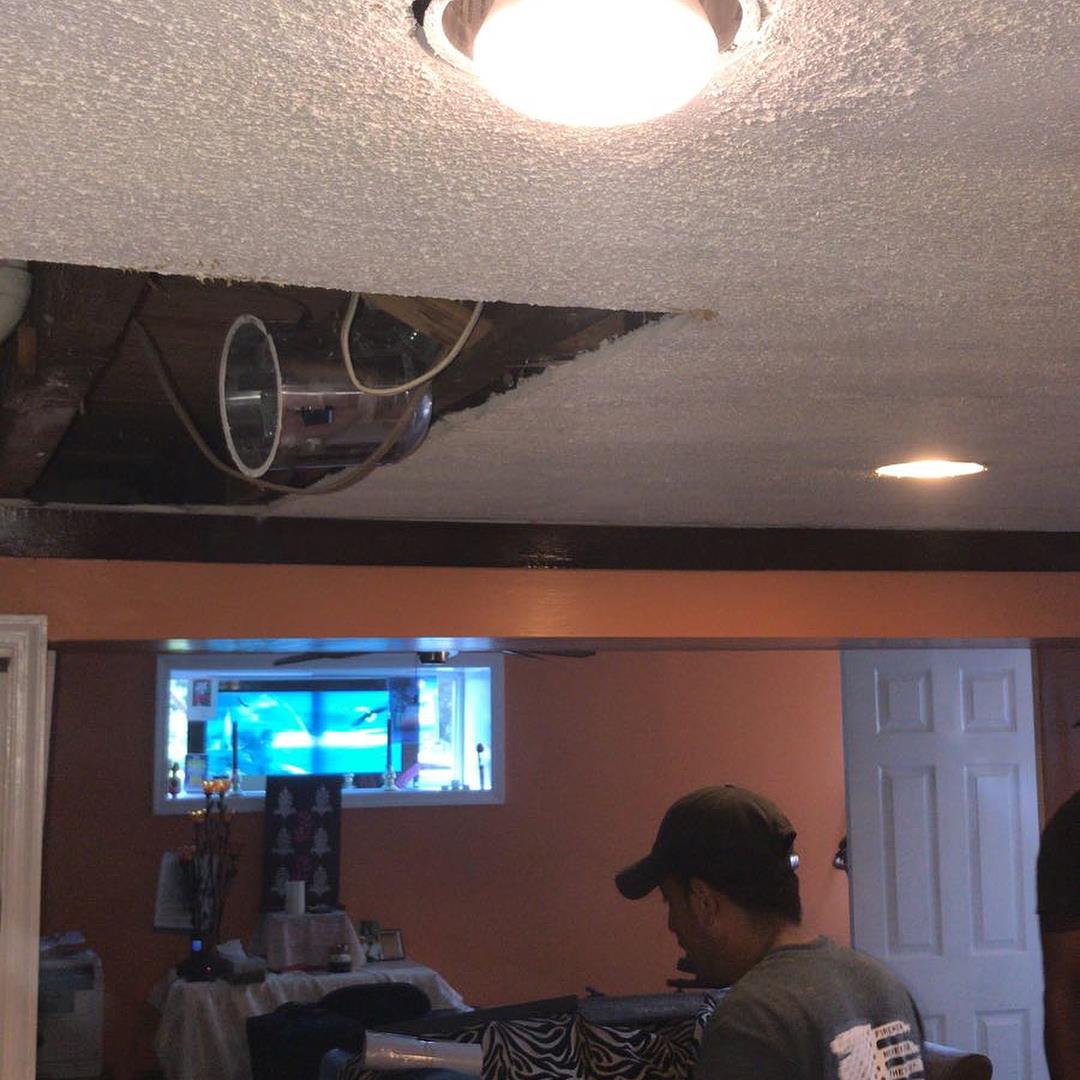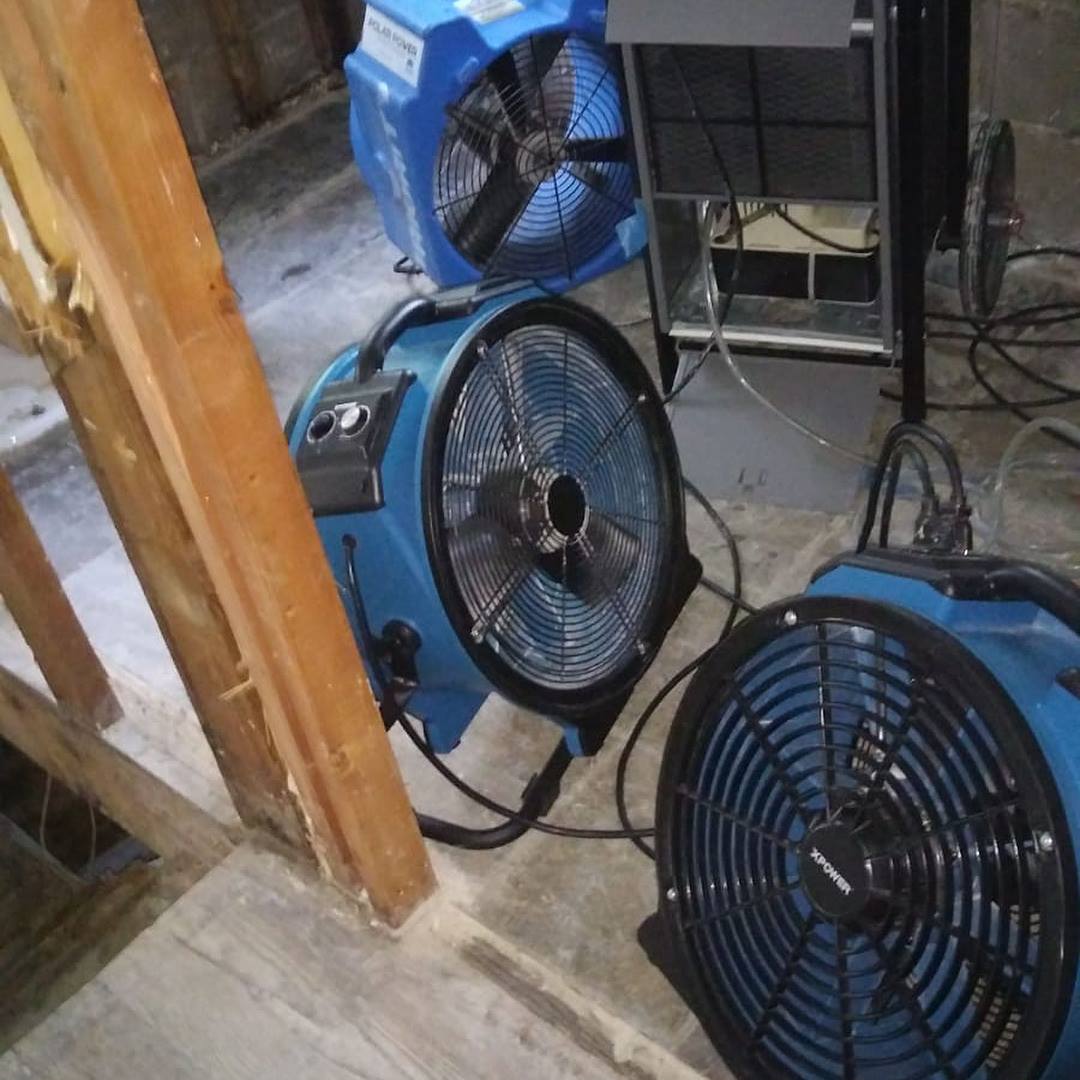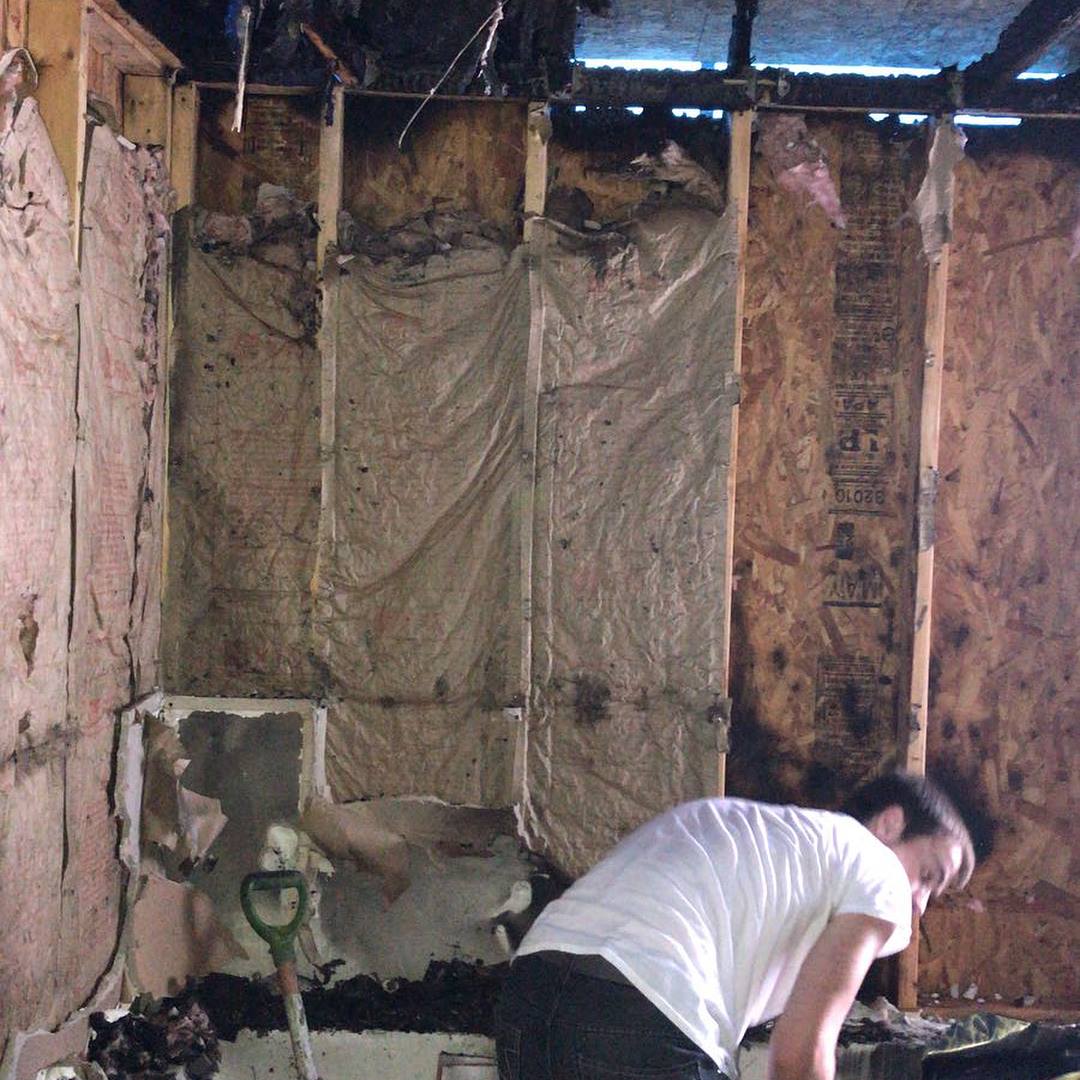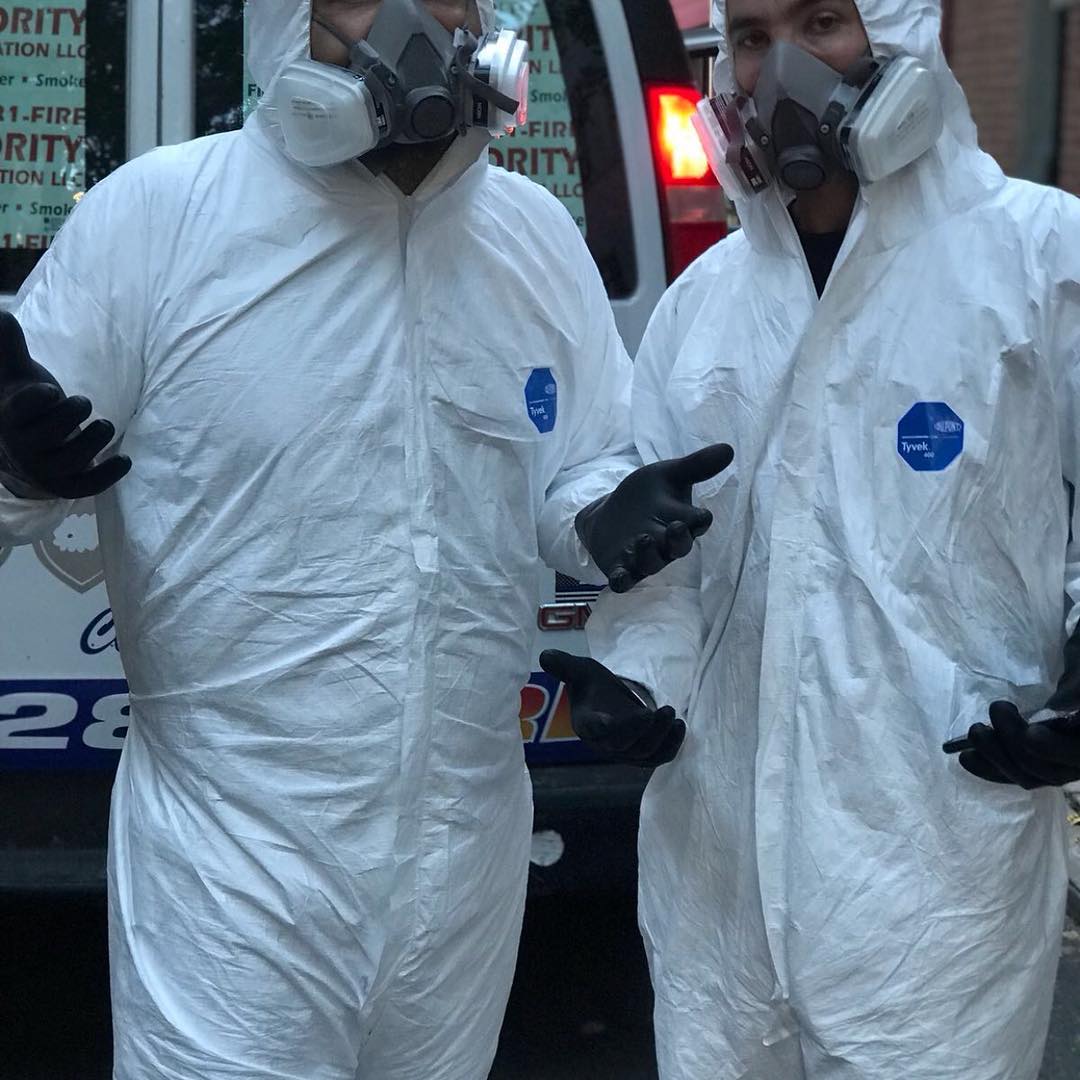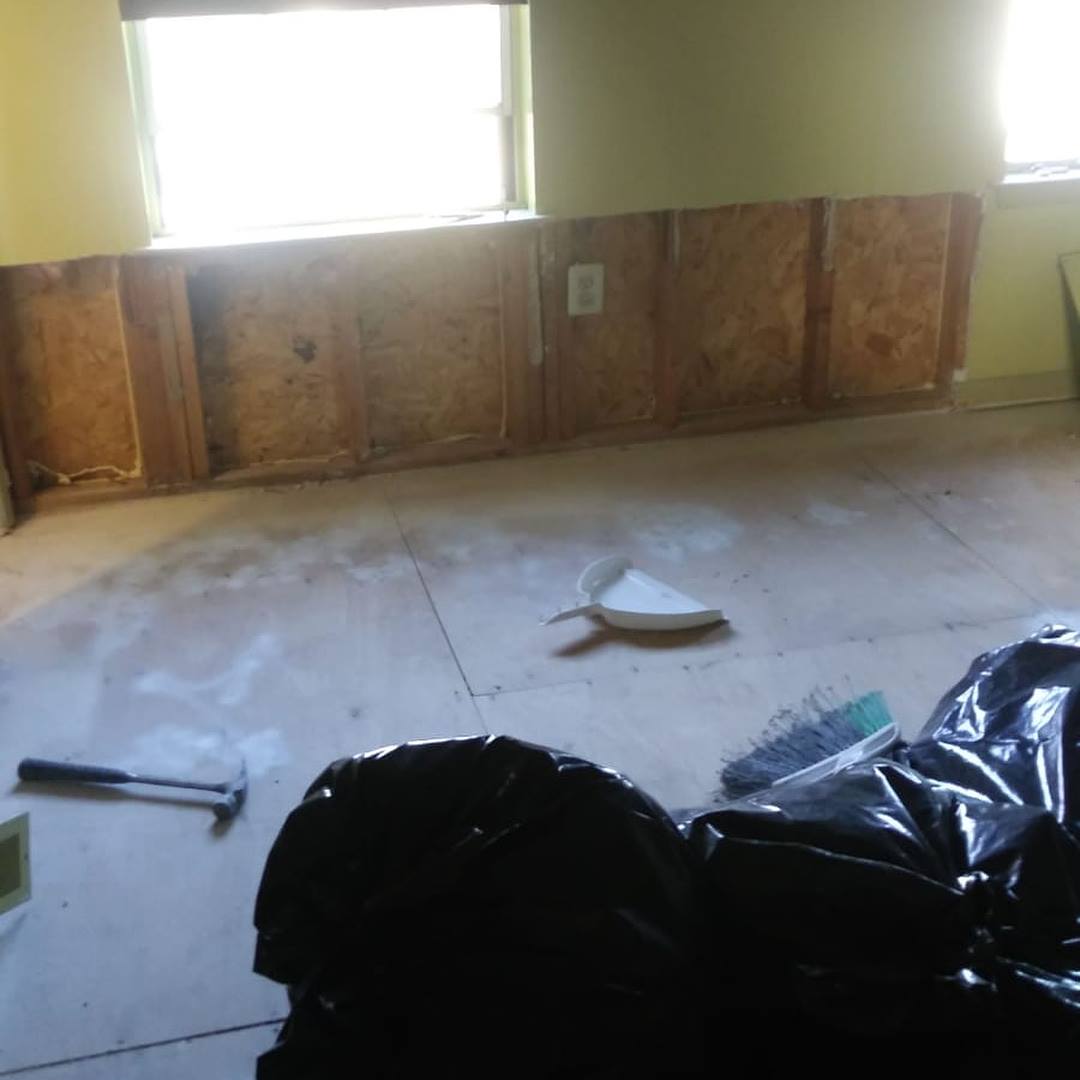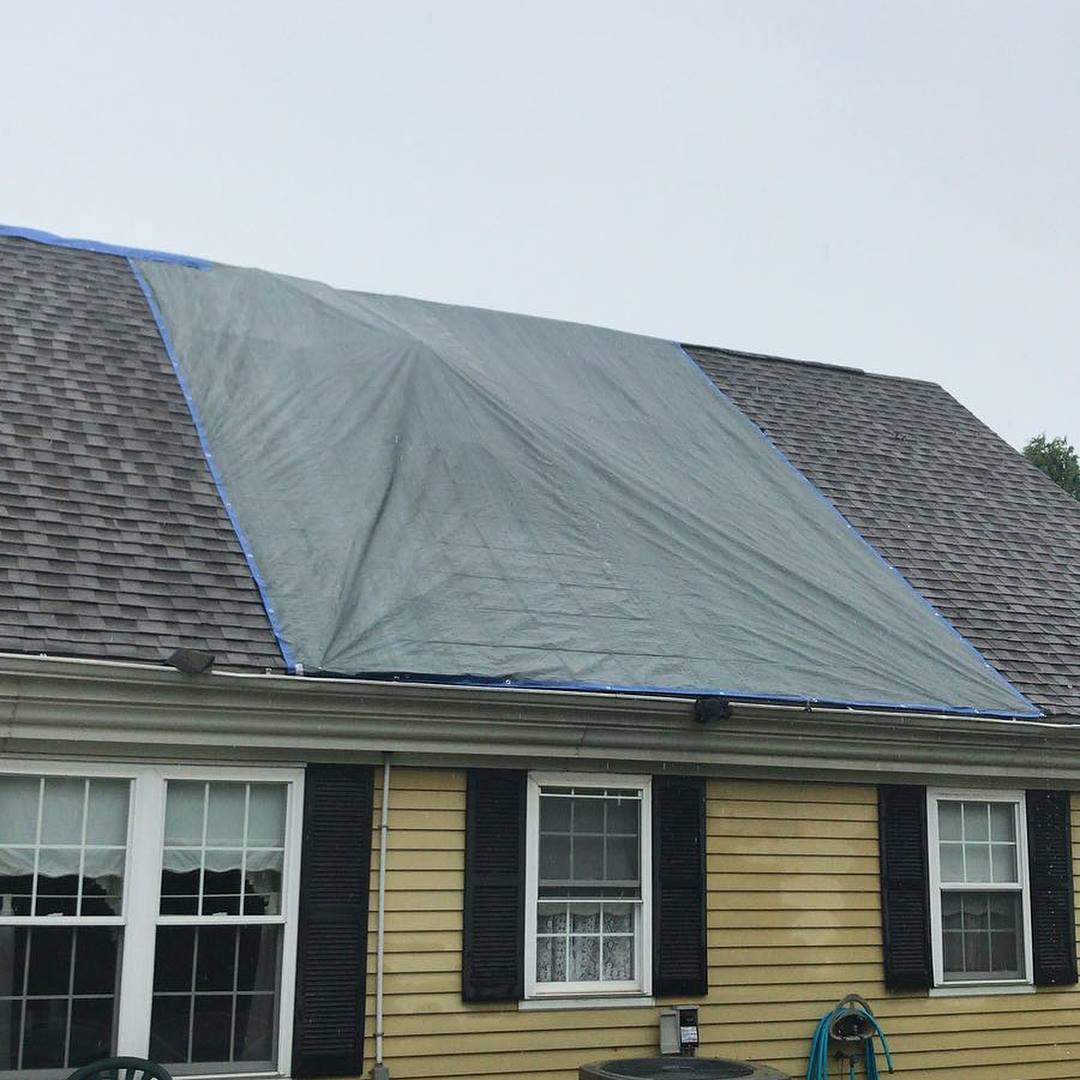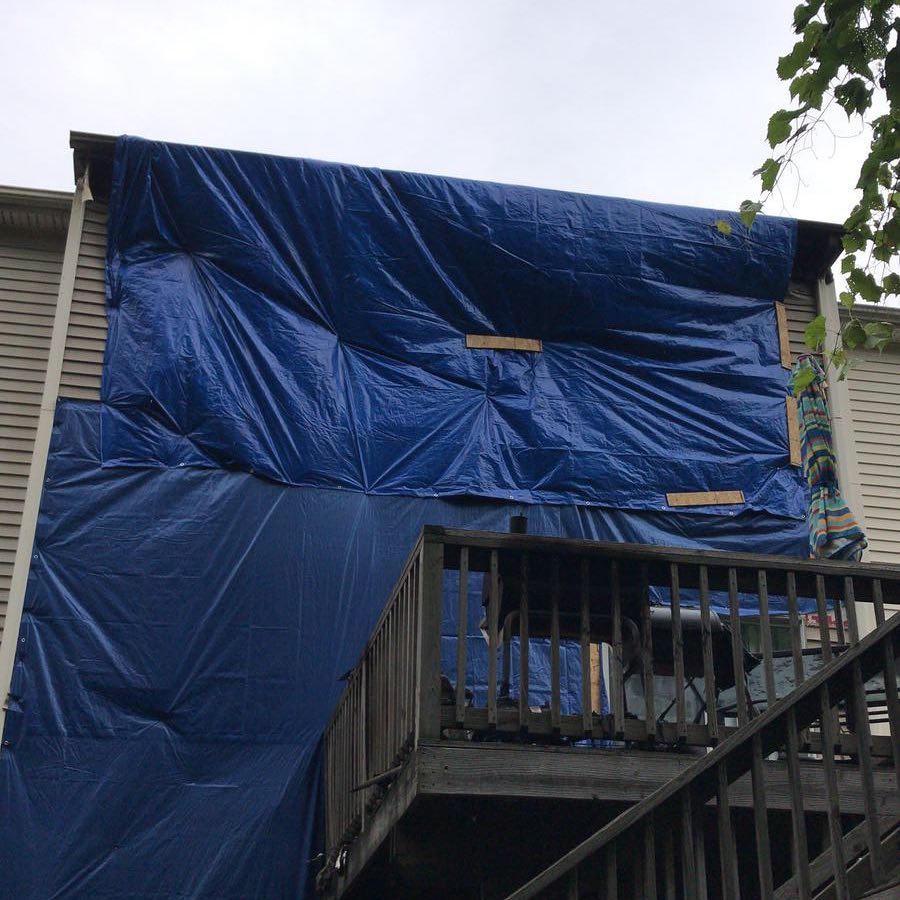
When dealing with dental office flood damage, you need a reliable and local team of Philly damage restoration experts in your corner. We've restored 100s of properties, both residential and commercial, in the Philly area and we're ready to come out and help you 24/7.
We're certified, insured, and work with all insurance companies. We understand how overwhelming it can be dealing with unexpected damage so let us assist you with your claim so you can focus on getting your life back on track.

Request a Free Estimate
or call (445) 234-4123
By submitting the form, you agree to our Terms of Service and Privacy Policy.
Water damage in a dental office can be a catastrophic event, potentially disrupting patient care, damaging expensive equipment, and leading to costly repairs. Whether caused by a flood, leak, or another water-related issue, the impact can be severe. At Philly Damage Restoration, we understand the unique challenges dental professionals face in maintaining a safe and functional workspace. This guide offers specific advice to help you protect your Philadelphia dental office from water damage, ensuring minimal disruption to your practice.
Dental Equipment Prone to Water Leaks
In a dental office, certain types of equipment are particularly reliant on water, making them potential sources of leaks if not properly maintained. Understanding which equipment might be at risk can help you prevent water damage and protect your practice.
1. Dental Chair Units
- Brands: A-dec, Belmont, Midmark
- How They Might Leak: Dental chair units are equipped with water lines that supply water to handpieces, ultrasonic scalers, and other tools. Over time, these lines can become worn or damaged, leading to leaks. Additionally, issues with the water bottle systems or the connections between the chair and the water supply can also cause leaks. Regular inspection and maintenance are key to preventing leaks from dental chair units.
2. Autoclaves and Sterilizers
- Brands: Tuttnauer, Midmark, SciCan
- How They Might Leak: Autoclaves and sterilizers use water and steam to sterilize dental instruments. Leaks can occur from faulty gaskets, door seals, or water connections. If the autoclave's water reservoir is overfilled, it can also cause water to overflow, leading to potential water damage.
3. Ultrasonic Scalers
- Brands: Cavitron, NSK, EMS
- How They Might Leak: Ultrasonic scalers use water to cool the instrument tip and flush out debris during dental cleanings. Leaks can happen if the water line becomes disconnected, damaged, or clogged. Ensuring that the water supply to the scaler is secure and regularly inspecting the unit can help prevent leaks.
4. Dental Compressors
- Brands: Dentsply, KaVo, A-dec
- How They Might Leak: Dental compressors are responsible for providing compressed air to various dental instruments, but some models also incorporate water traps to remove moisture from the air. If these water traps become full or malfunction, they can leak, leading to water damage. Regularly emptying and maintaining these traps is crucial.
5. Digital Imaging Systems (Wet Film Processors)
- Brands: Carestream, Gendex, Sirona
- How They Might Leak: Older digital imaging systems that still use wet film processing require water for developing dental X-rays. Leaks can occur from the water supply lines or the processor itself, especially if seals or connections are worn. Transitioning to fully digital, dry systems can eliminate this risk, but if you still use wet film processors, regular checks are necessary.
Understanding how these specific pieces of dental equipment can cause leaks helps you take proactive steps to prevent water damage in your Philadelphia dental office. Regular maintenance, proper installation, and prompt attention to any signs of wear can mitigate the risk and keep your practice running smoothly.
Common Causes of Water Damage in Dental Offices
- Plumbing Leaks: Dental offices rely heavily on plumbing systems to deliver water to sinks, sterilizers, and dental chairs. Over time, pipes can corrode or become damaged, leading to leaks that may go unnoticed until significant damage has occurred.
- Flooding: Heavy rains, especially during Philadelphia’s storm season, can cause local flooding. If your dental office is located in a basement or low-lying area, the risk of flood damage is higher.
- Roof Leaks: A compromised roof can allow water to seep into your office, particularly during heavy rainfall. This water can damage ceilings, walls, and expensive dental equipment.
- HVAC System Failures: Faulty or poorly maintained HVAC systems can lead to water leaks, especially if condensation lines or drain pans become clogged.
- Sewage Backups: Blockages in the sewage system can cause wastewater to back up into your dental office, posing serious health risks and causing extensive water damage.
Preventative Measures to Protect Your Dental Office
- Regular Plumbing Inspections: Schedule regular inspections of your office’s plumbing system to catch potential leaks before they become major issues. Consider installing water leak detection systems that can alert you to any leaks immediately.
- Flood Preparedness: If your office is in a flood-prone area of Philadelphia, take steps to minimize flood damage. Elevate critical equipment off the floor, install flood barriers, and consider investing in flood insurance to protect your assets.
- Roof Maintenance: Have your roof inspected regularly, especially before the rainy season, to ensure there are no weak spots where water could enter. Address any damage immediately to prevent leaks.
- HVAC Maintenance: Ensure that your HVAC system is regularly serviced and that all condensation lines and drain pans are clear. This will reduce the risk of leaks that could damage your office.
- Sewage System Care: Regularly inspect and maintain your office’s sewage system to prevent backups. Installing backflow prevention devices can also help protect your office from sewage-related water damage.
Immediate Steps to Take if Water Damage Occurs
Despite taking preventative measures, water damage can still occur. If you discover water damage in your dental office, follow these steps to minimize the impact:
- Turn Off the Water Supply: If the water damage is caused by a plumbing leak, immediately turn off the water supply to prevent further flooding.
- Document the Damage: Take photos and videos of the affected areas to document the extent of the damage for your insurance claim. This documentation is crucial for ensuring you receive the full benefits of your policy.
- Contact Philly Damage Restoration: Call us as soon as possible. Our team of water damage restoration experts in Philadelphia is equipped to handle any size disaster. We offer emergency services and will work quickly to assess the damage, remove water, and begin the drying process.
- Notify Your Insurance Company: Inform your insurance company about the damage as soon as possible. Philly Damage Restoration can help you navigate the claims process and work with your insurer to ensure a smooth and efficient restoration process.
- Protect Your Equipment: If possible, move expensive dental equipment away from the affected areas to prevent further damage. Philly Damage Restoration can assist in evaluating which items can be salvaged and which need replacement.
Why Choose Philly Damage Restoration?
At Philly Damage Restoration, we specialize in water damage restoration for dental offices and other professional spaces in Philadelphia. Our team understands the importance of minimizing downtime and getting your office back up and running quickly. We use state-of-the-art equipment and techniques to ensure a thorough and efficient restoration process, from water extraction and drying to mold remediation and repairs.
Frequently Asked Questions About Dental Office Flood Damage in Philly
To prevent leaks from dental chair units, conduct regular inspections of water lines and connections, ensure that water bottles are properly attached, and replace any worn or damaged parts immediately. Scheduling routine maintenance with a qualified technician can also help catch potential issues before they cause leaks.





















